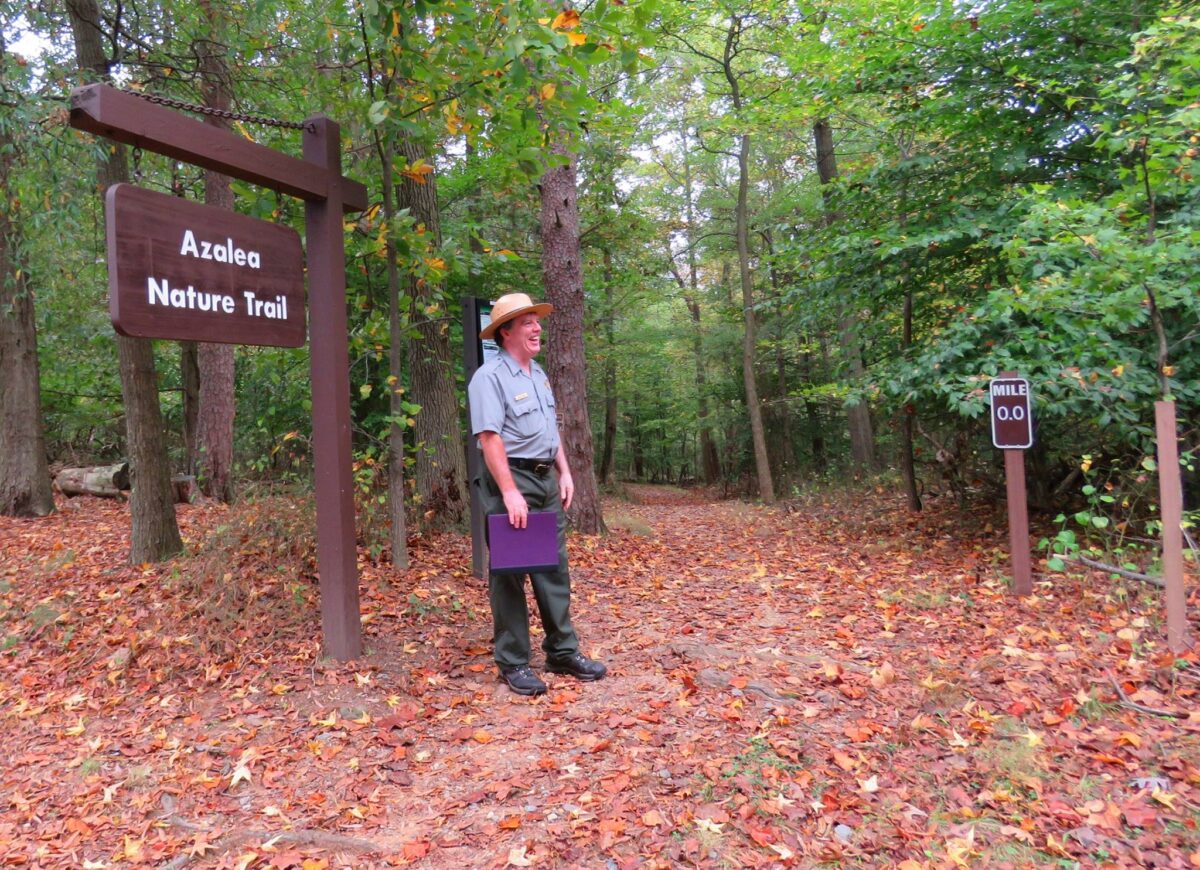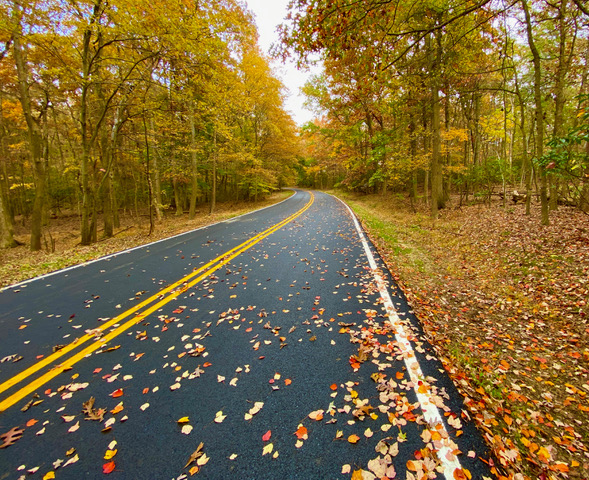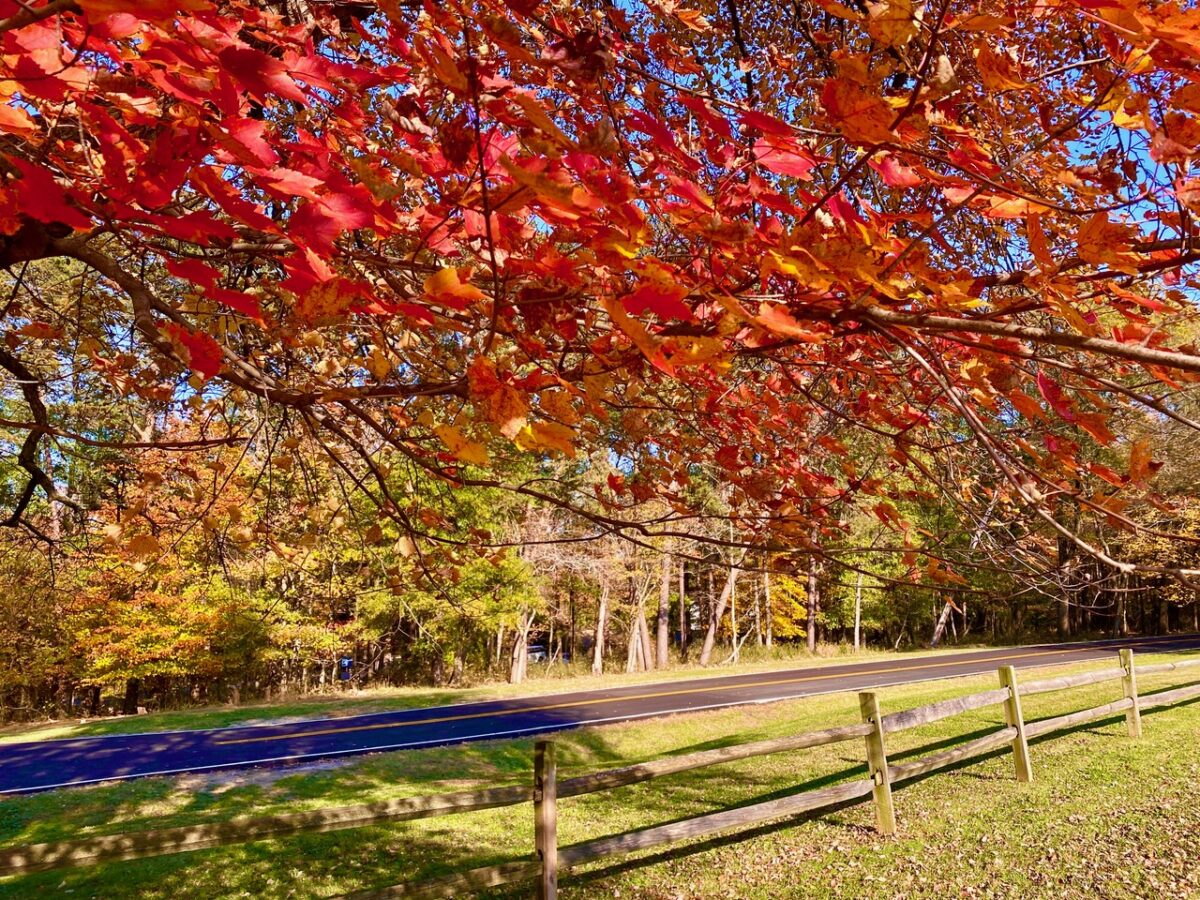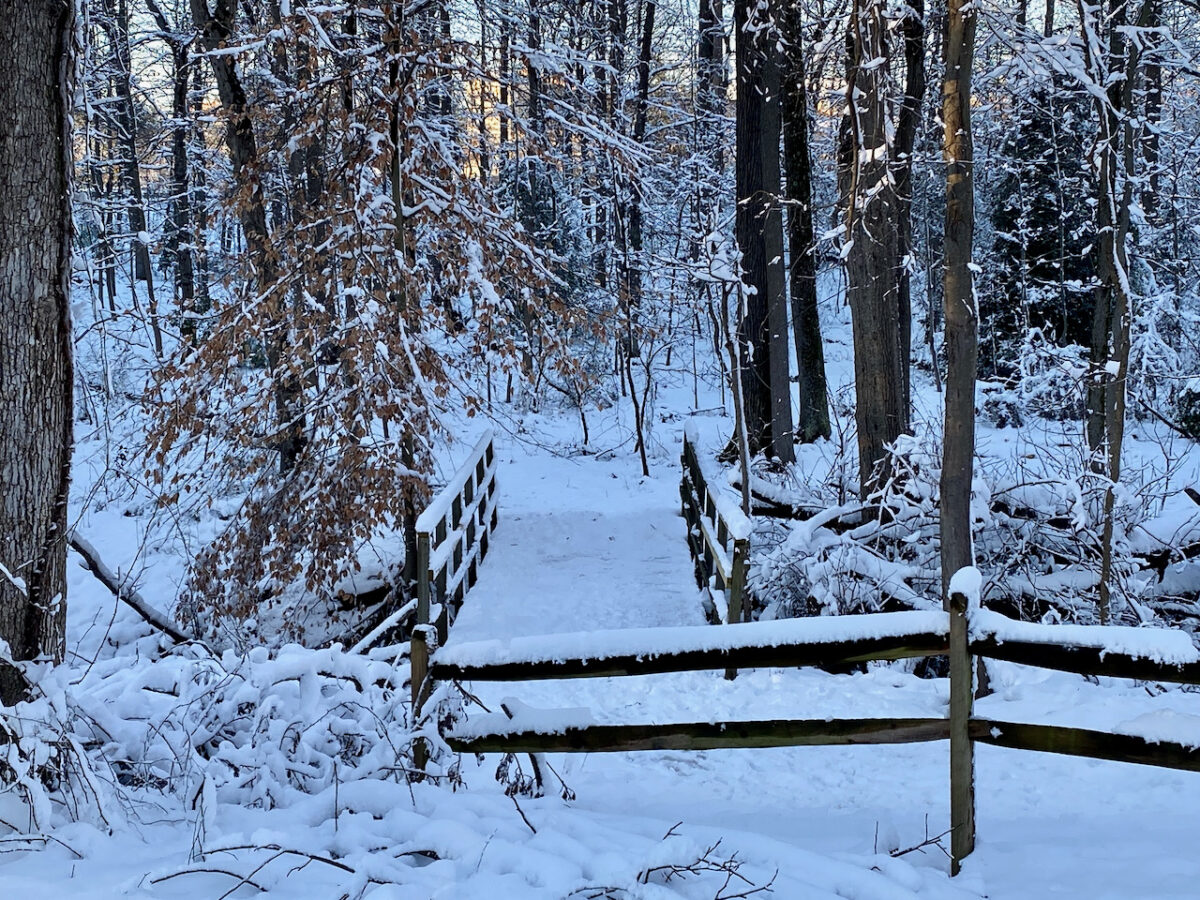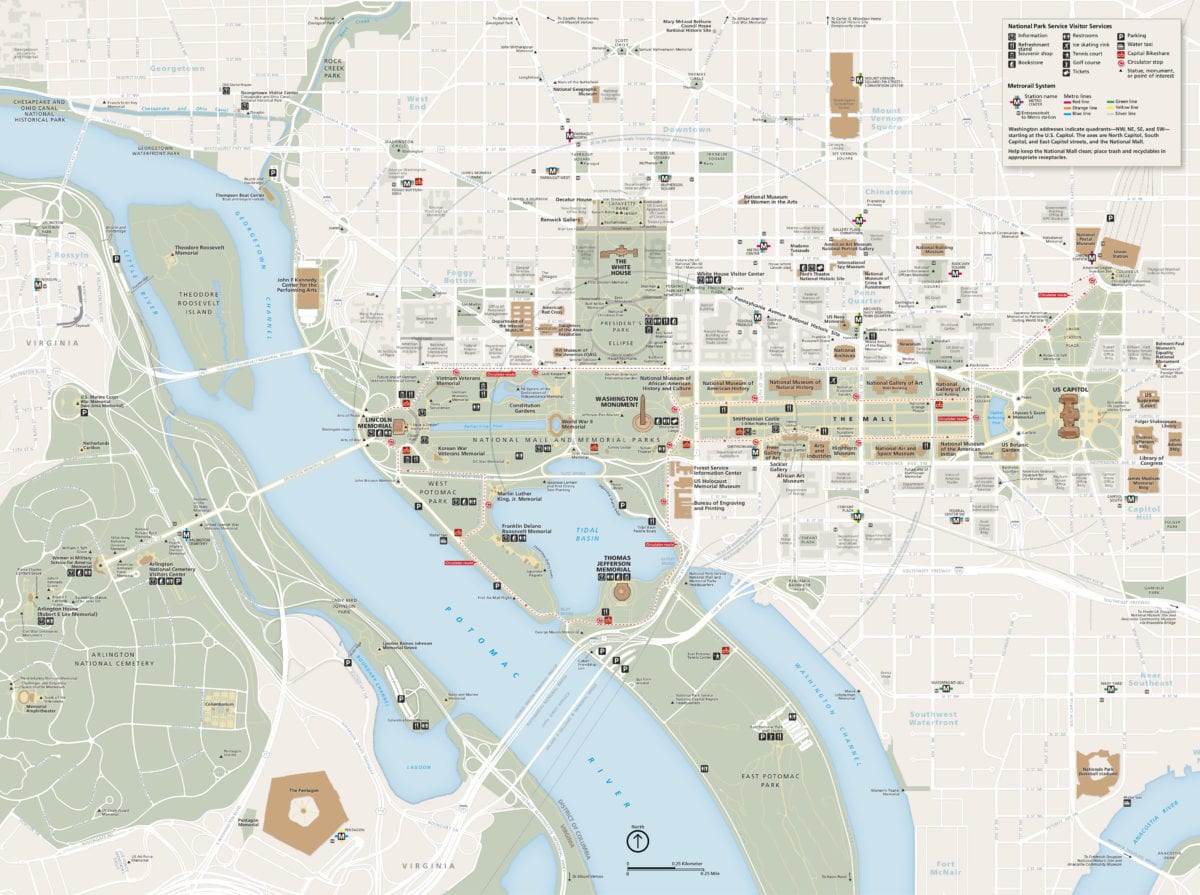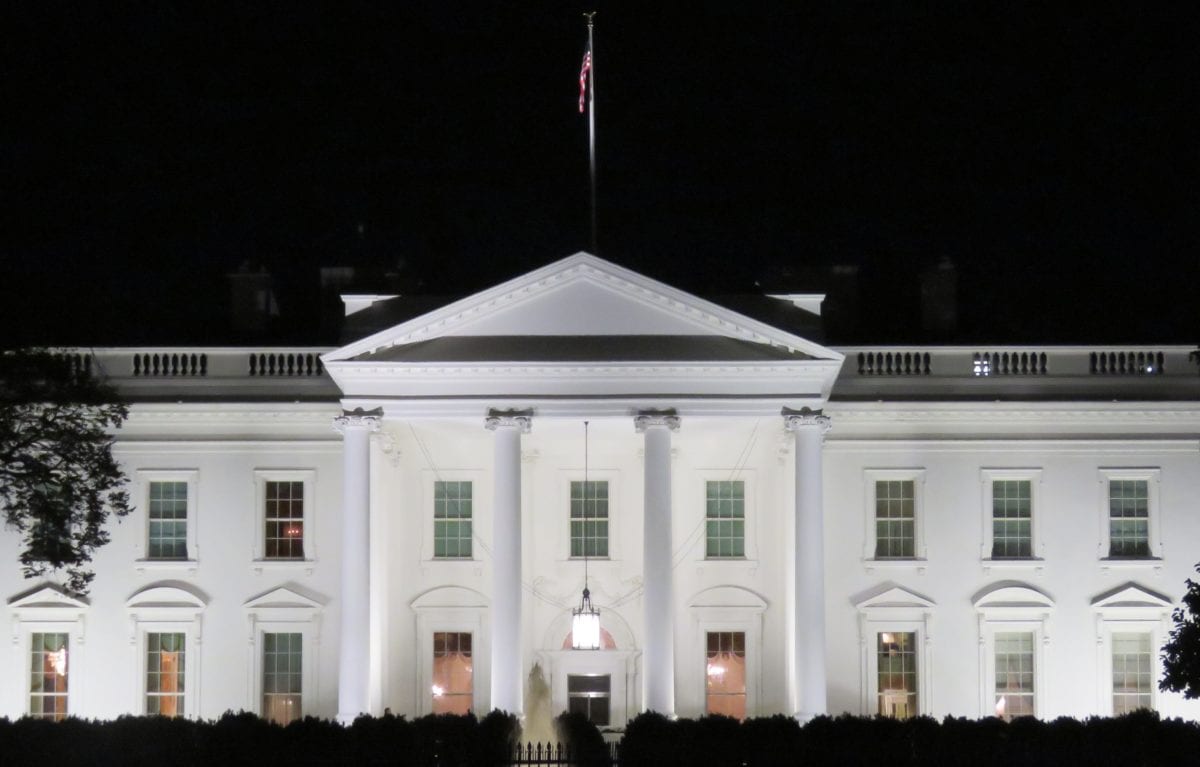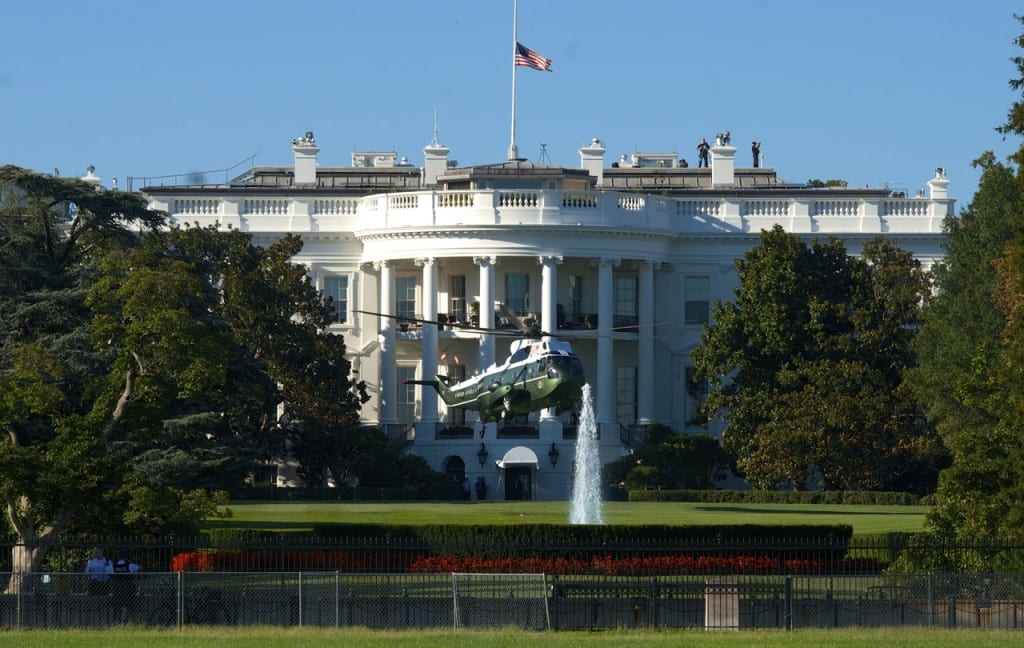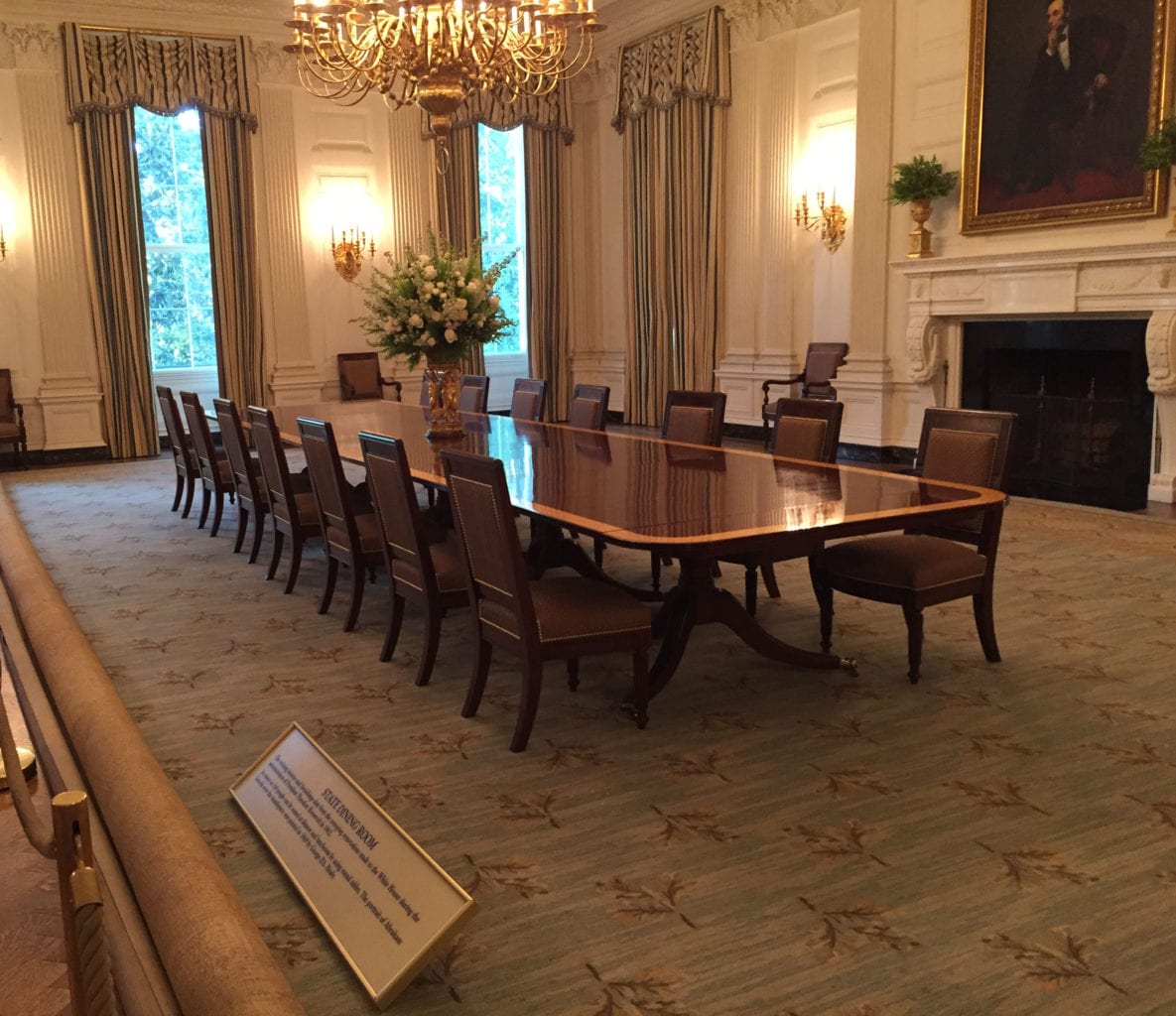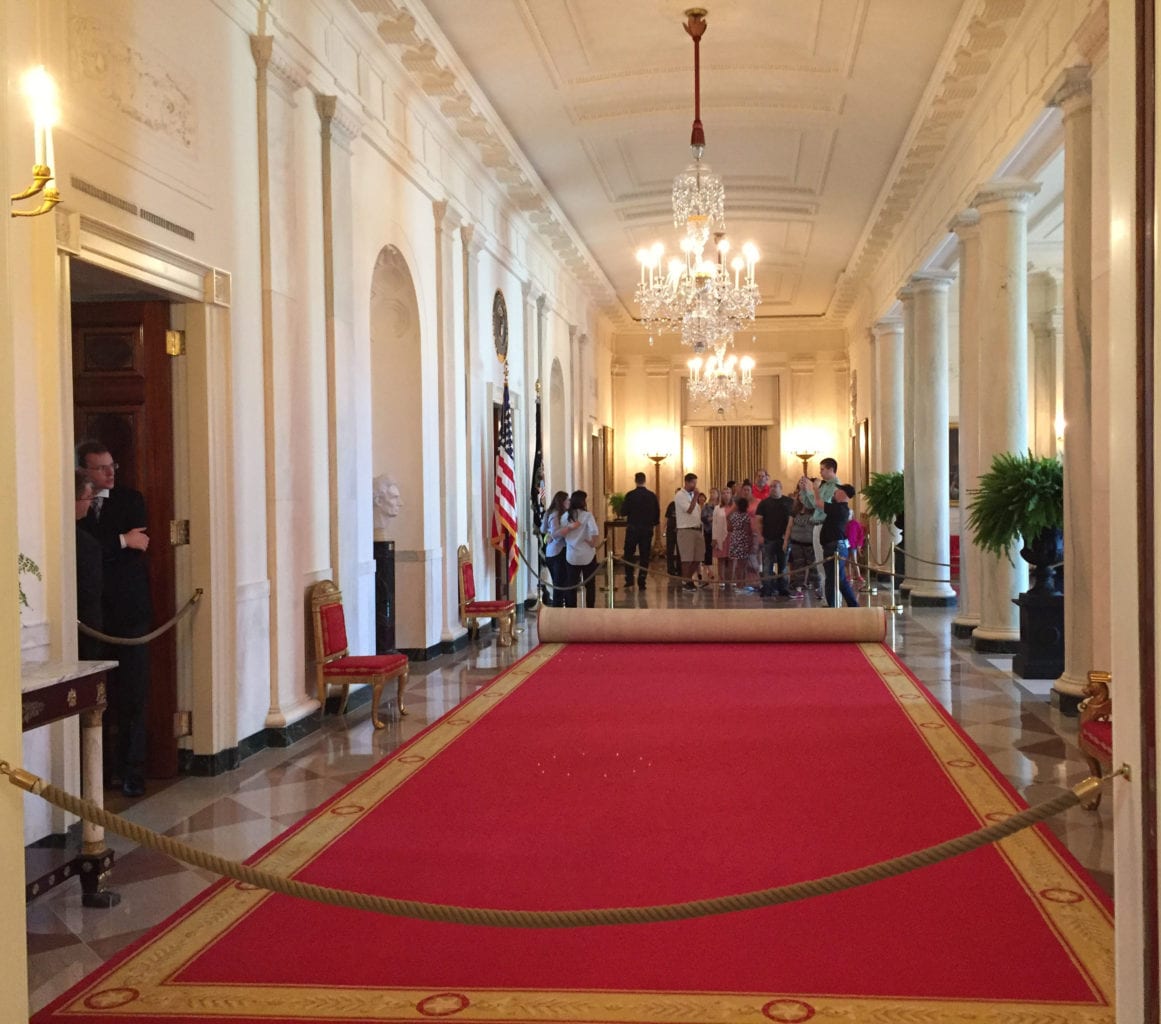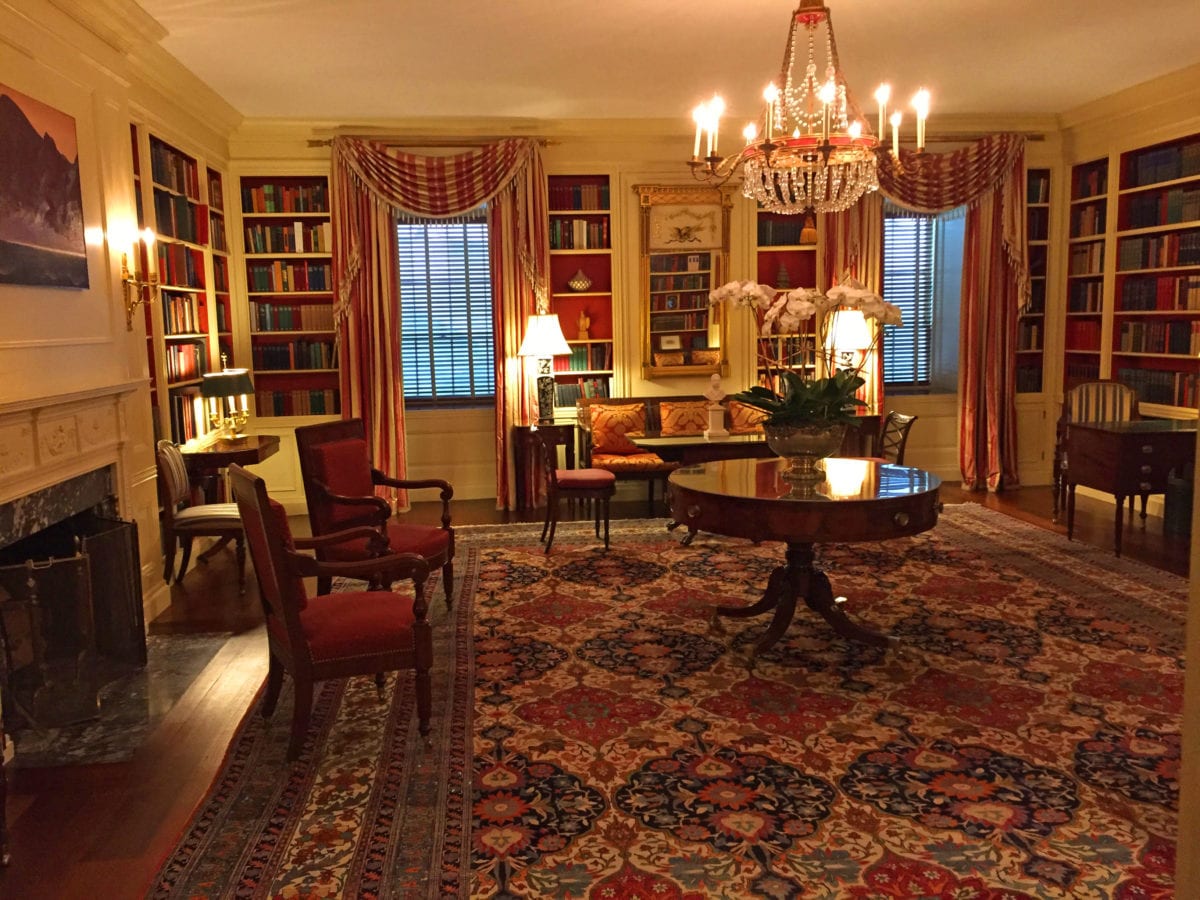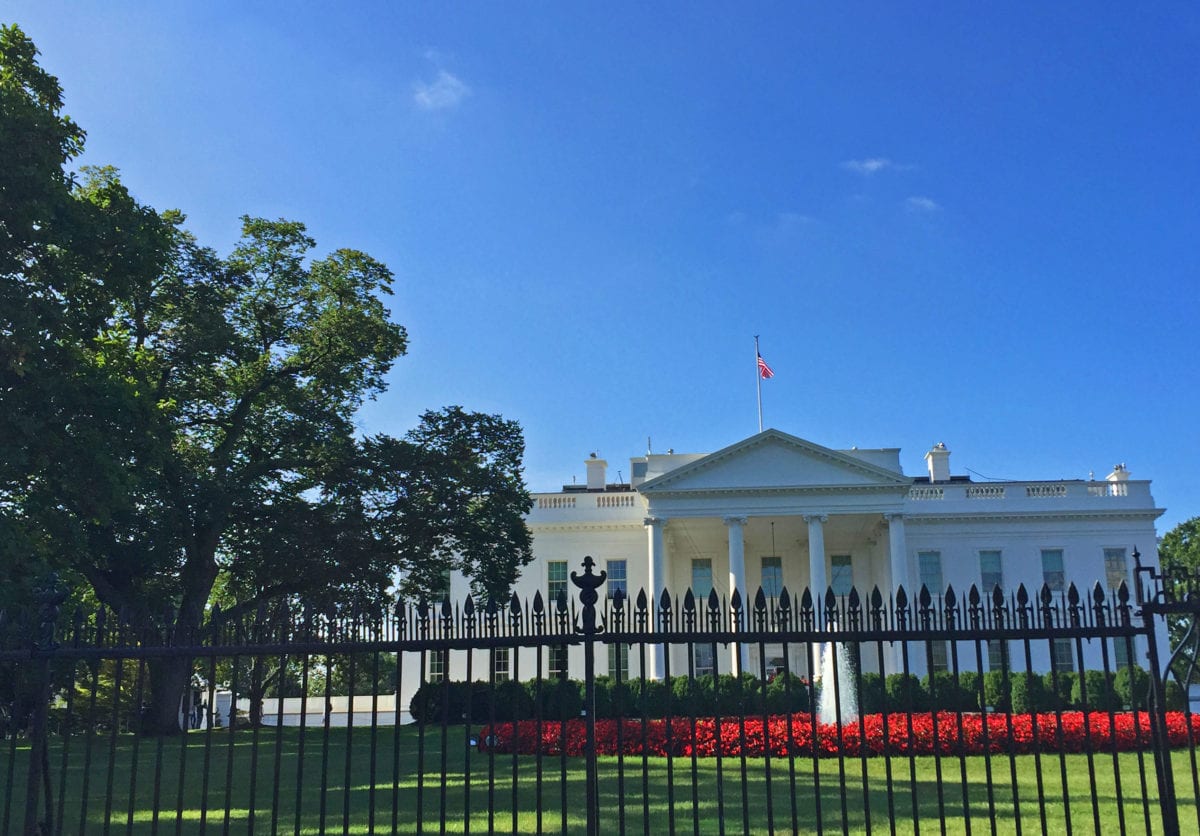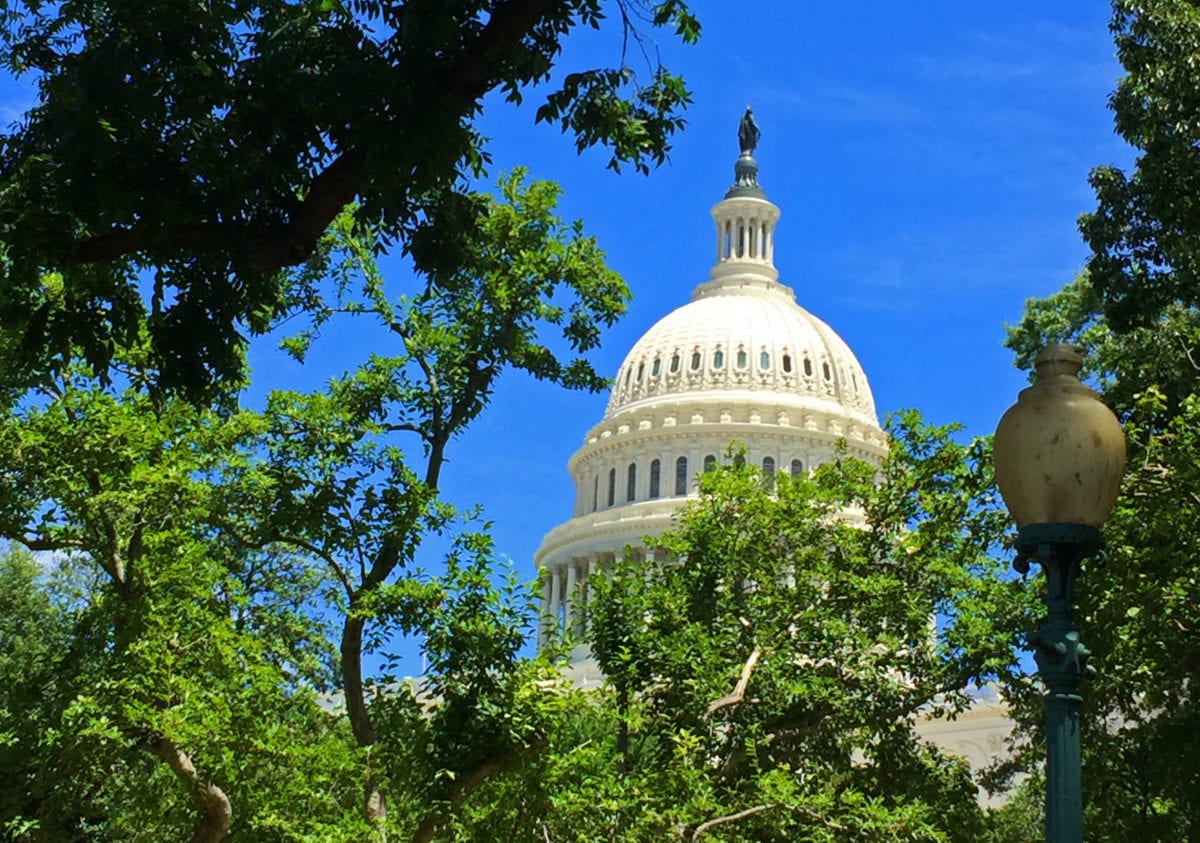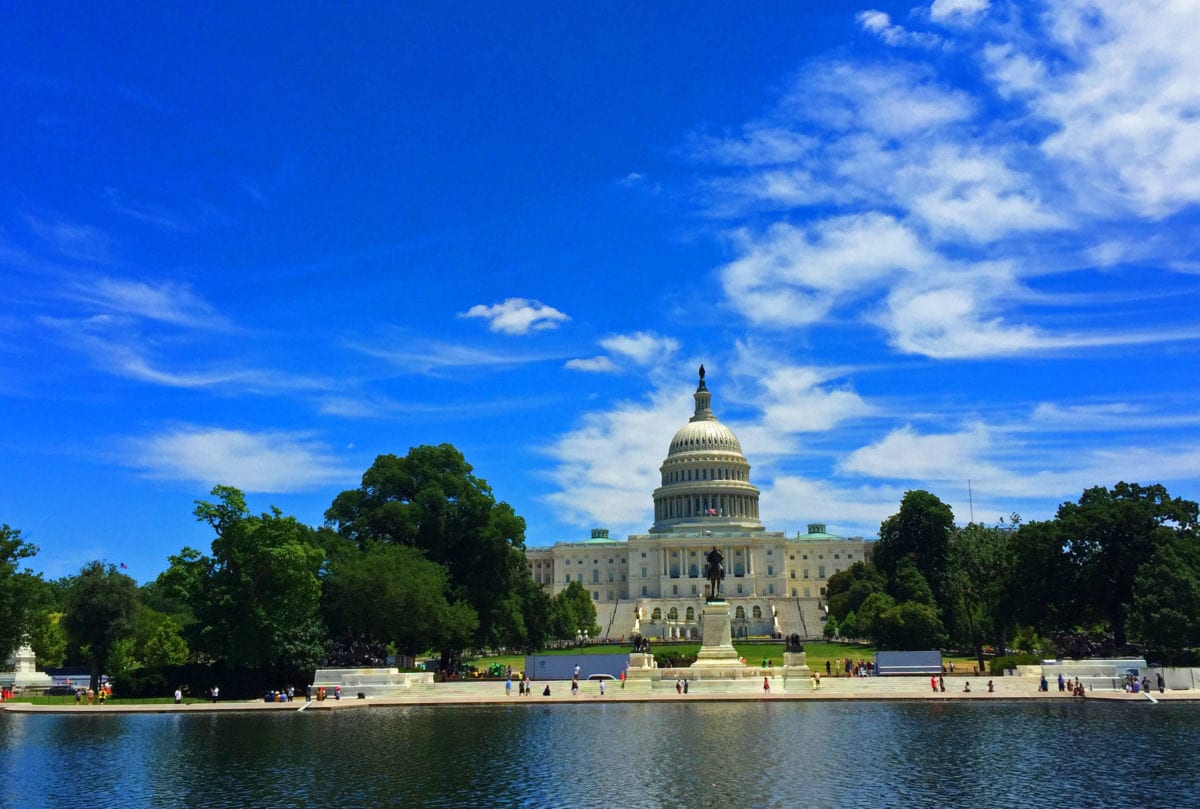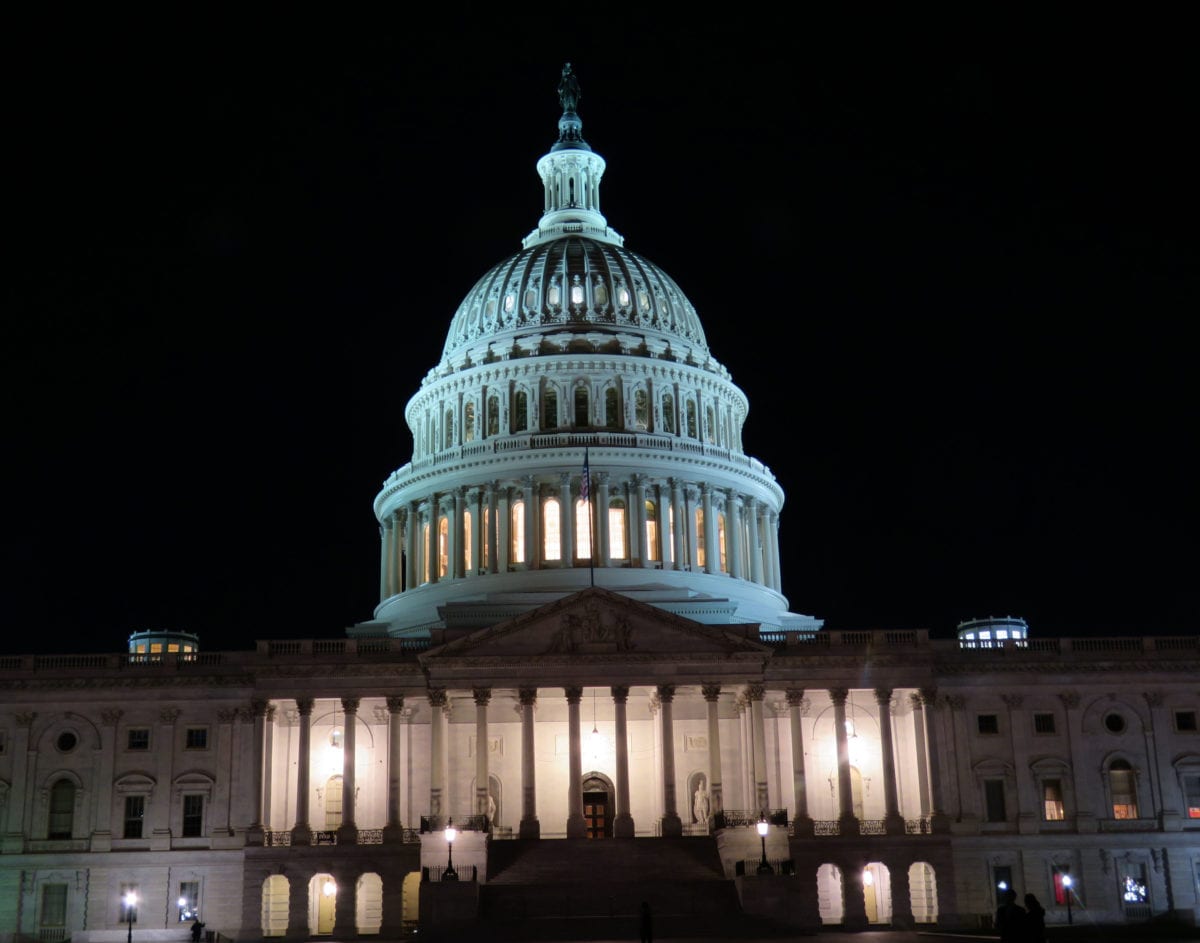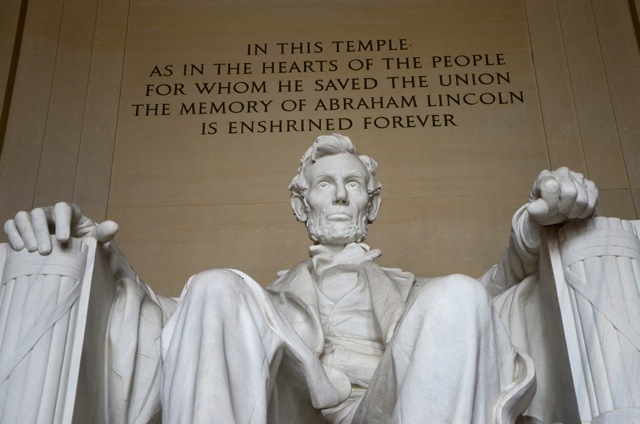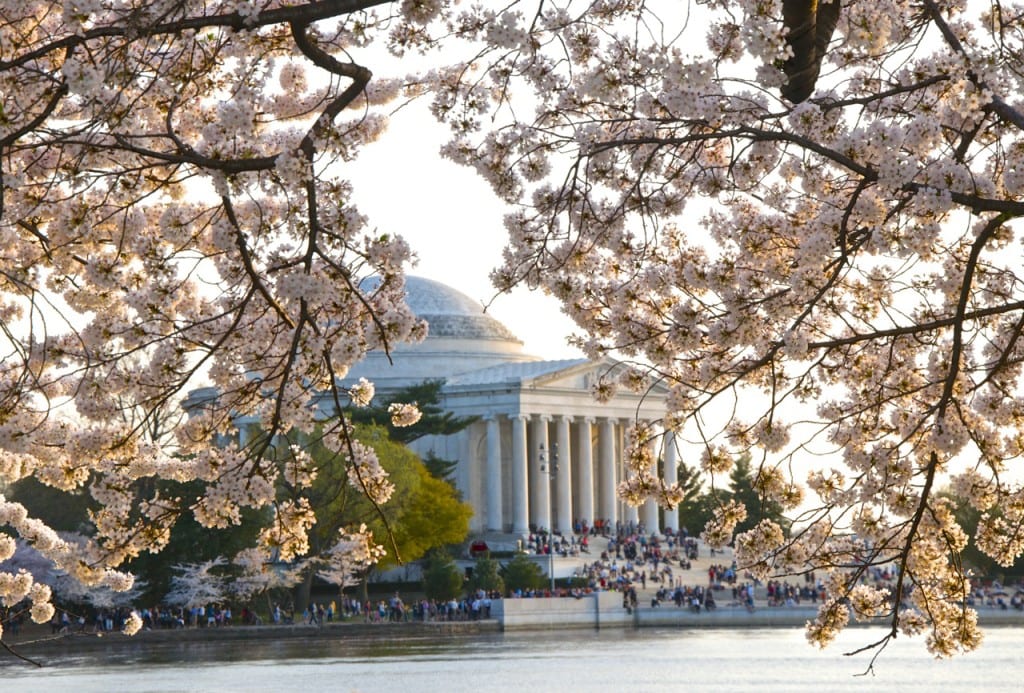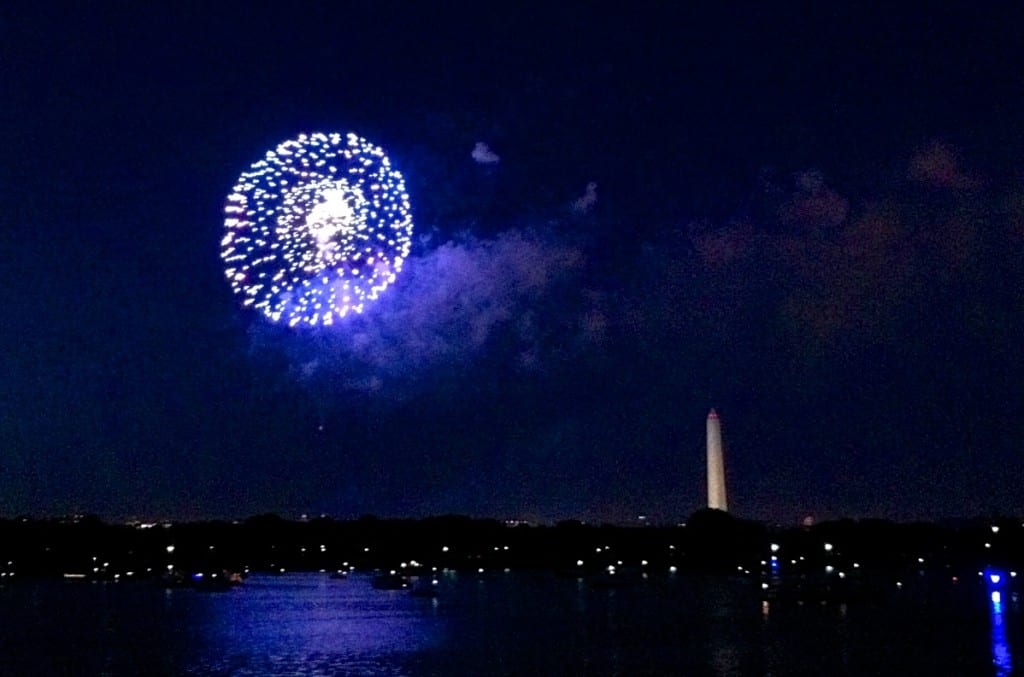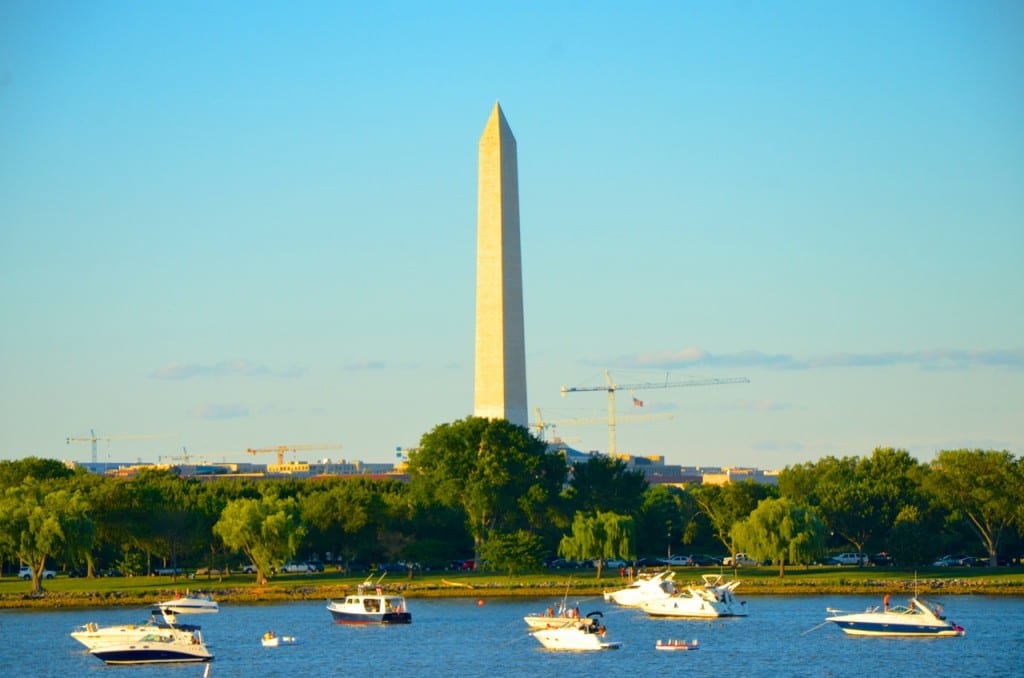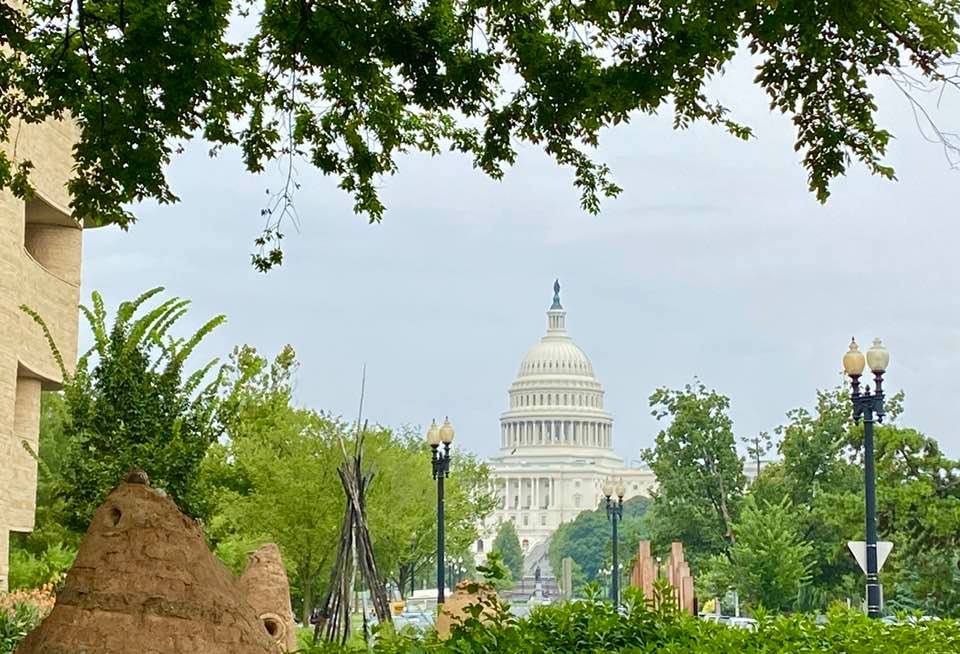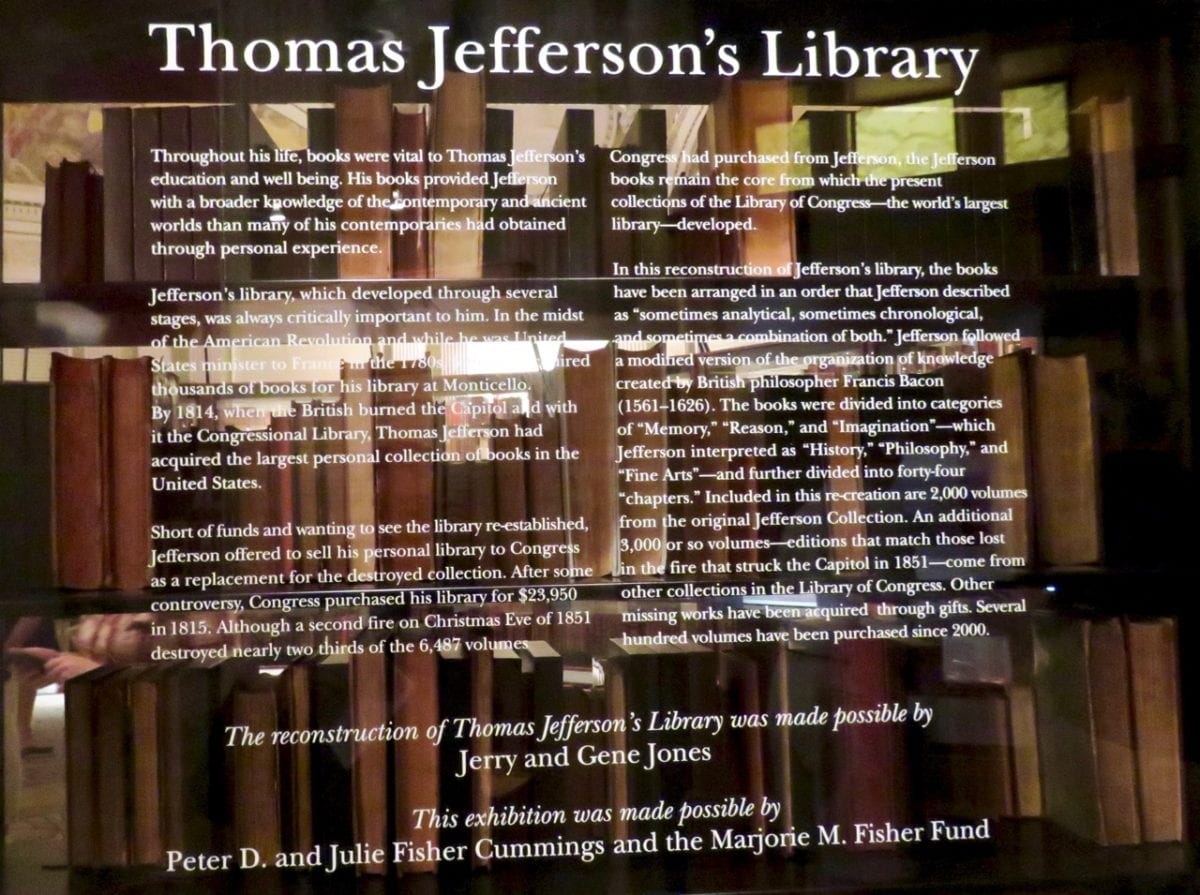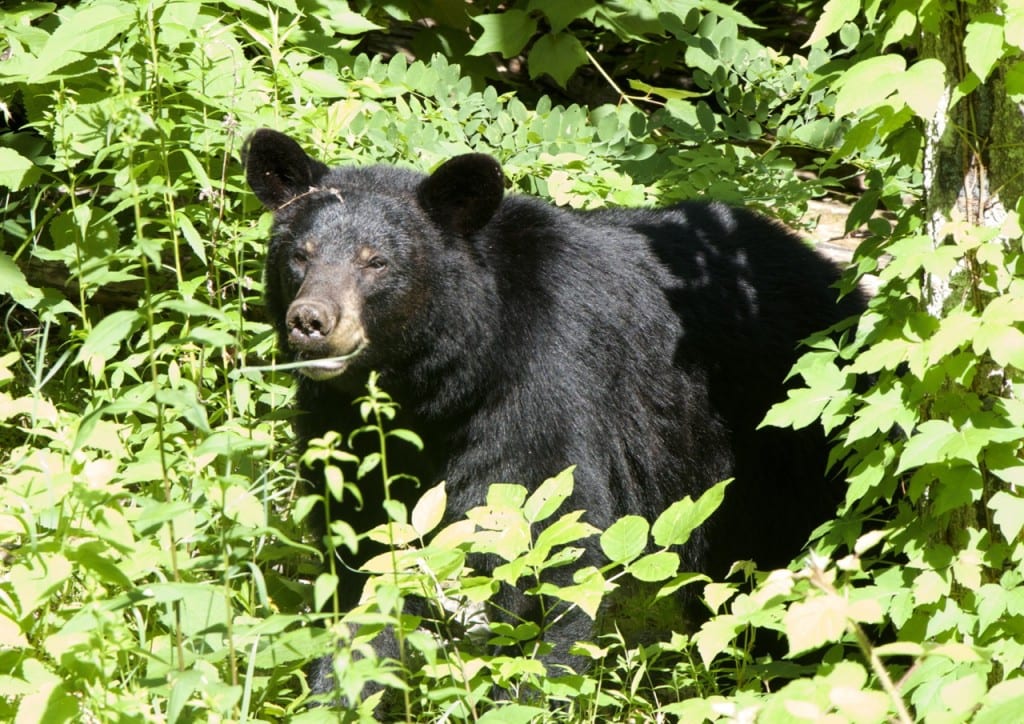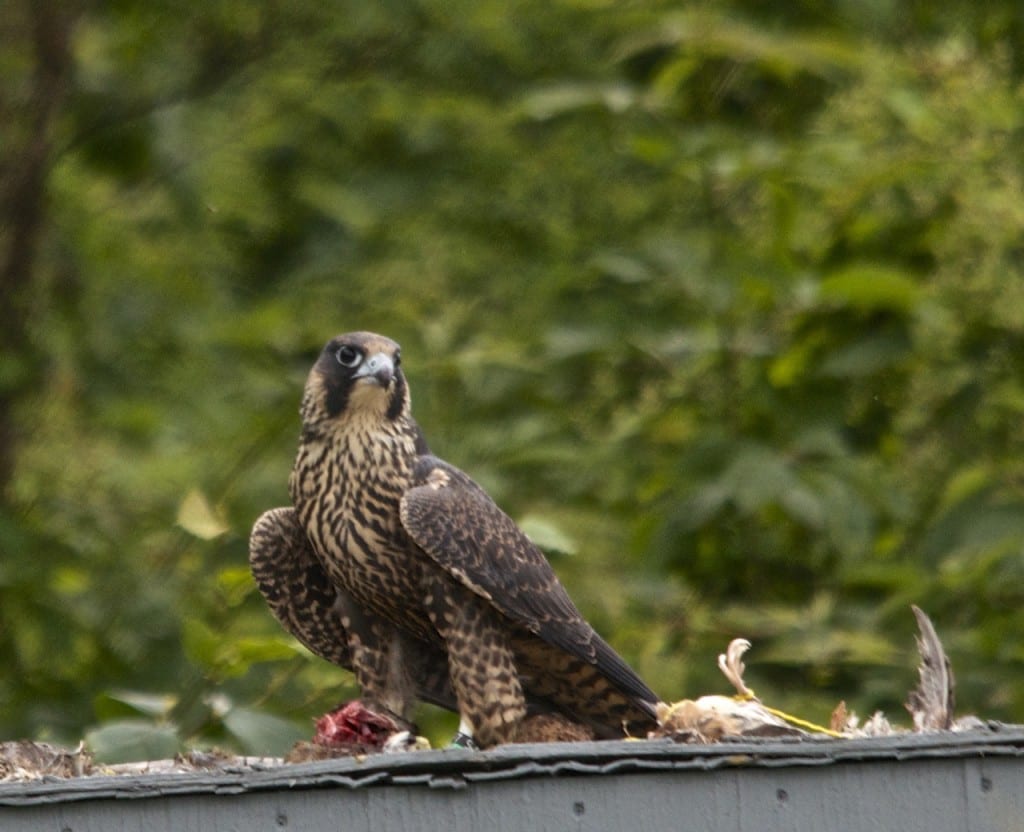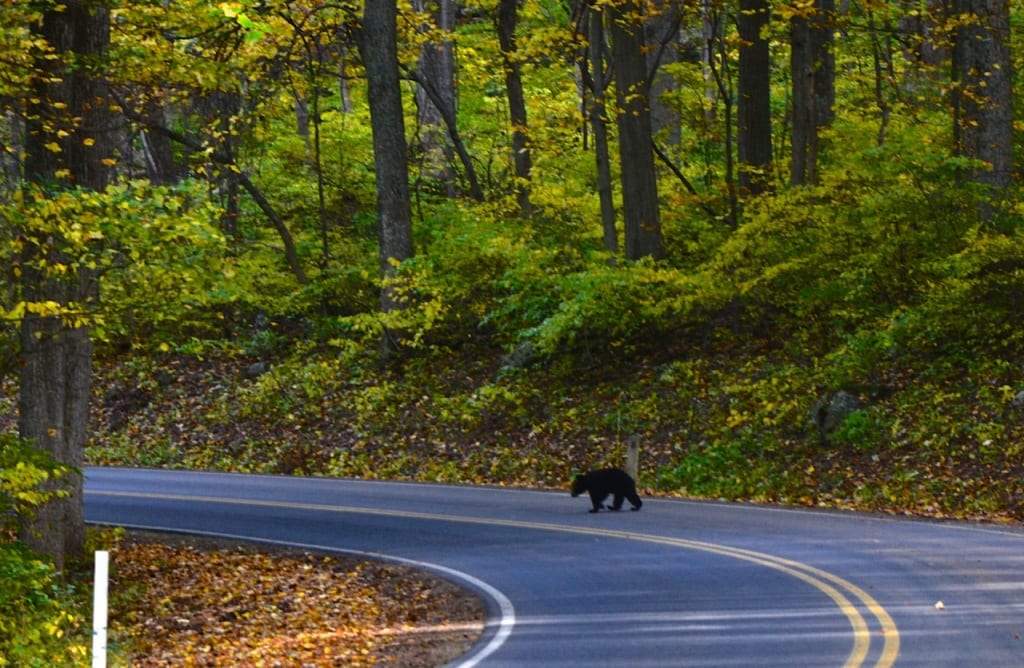Endeaver to Persevere –
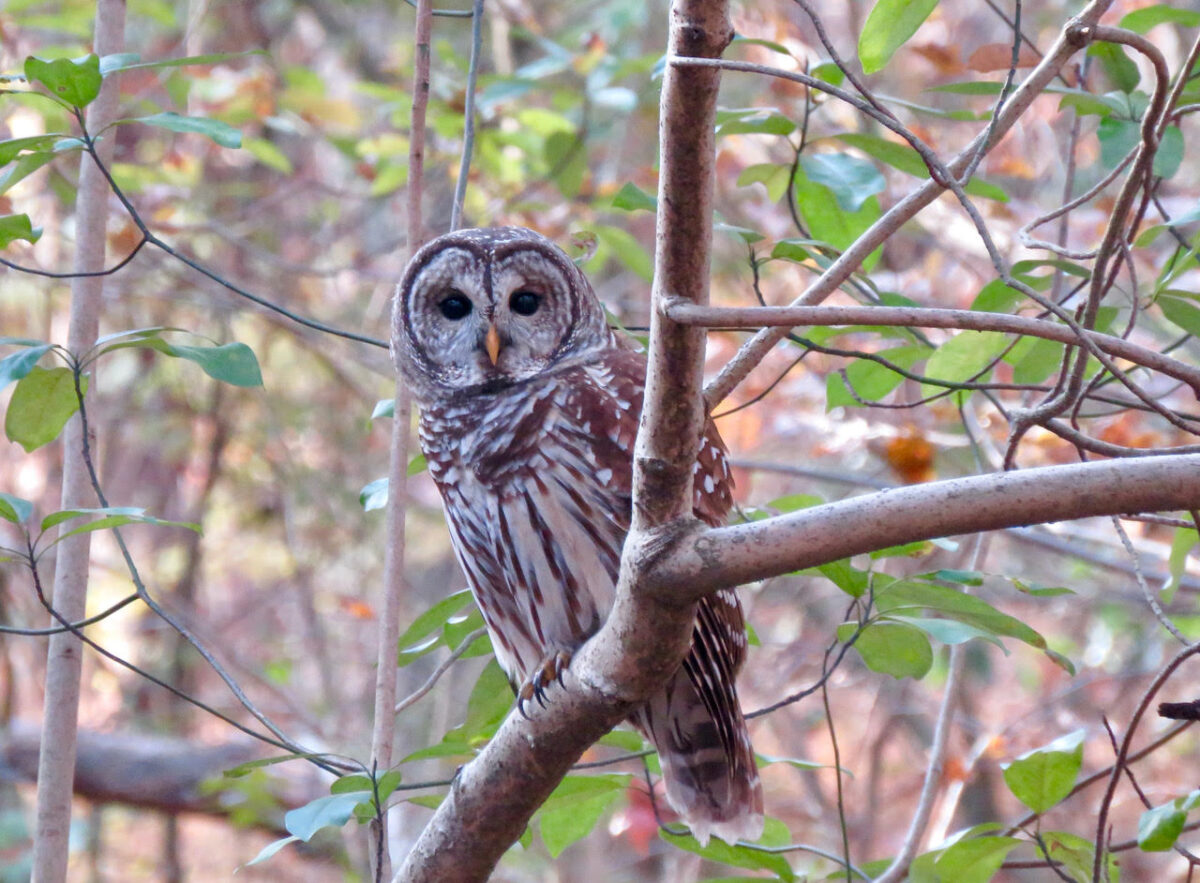
A barred owl [Strix varia] out in a rare morning in Greenbelt Park, Maryland: Glynn Wilson
The Big Picture –
By Glynn Wilson –
WASHINGTON, D.C. — From humble beginnings in the suburbs of Birmingham, Alabama, where I was not even expected to live after my premature birth in a Southside hospital, I’ve climbed and clawed my way out of what seemed destined to be a mundane redneck existence and chased my own interpretation of the American Dream.
From one love to another, first sports then music and finally journalism, I’ve faced many setbacks along the way. But every time I’ve been shot down by people who thought they were better and smarter than me, I’ve found a way to get back up and keep going, with every flight rising higher and higher along the way like an eagle riding the thermals along the cliffs by a great river.
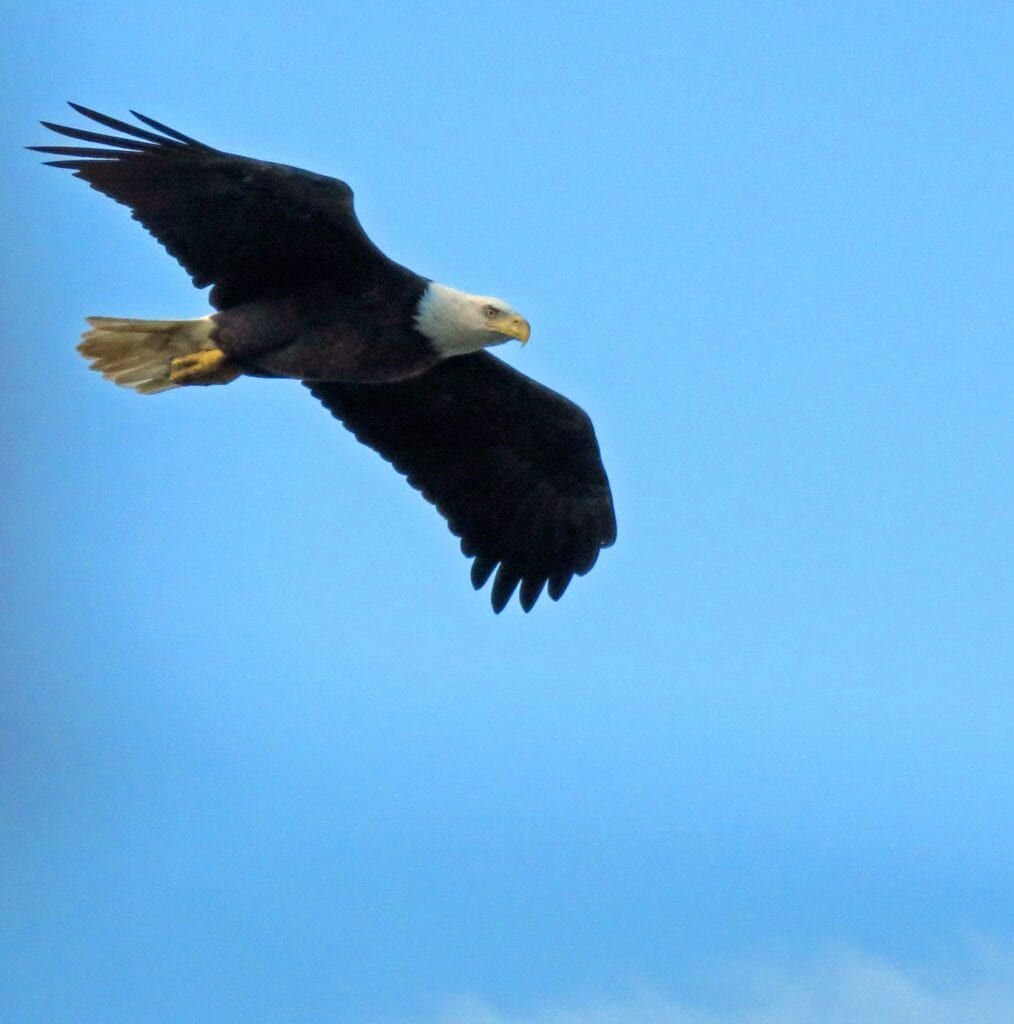
An American bald eagle, along the cliffs over the Potomac River leading to the Chesapeake Bay in Virginia: Glynn Wilson
In many ways I reached the pinnacle of my life and career 20 years ago when I made it like Huck Finn down the Mississippi River to New Orleans, where I mastered the art of freelance reporting and writing and hit the front page of the Sunday New York Times with a byline story above the fold. It didn’t make me rich and famous or get me on CBS or CNN. It almost got me on the BBC, but I was bumped by Tom Hanks. But how many aspiring reporters or writers can claim the same?
It was there in that dripping wet swamp — the target of hurricane after hurricane — in a fantastic duplex apartment Uptown where I literally watched the true end of the greatest century and the end of the era of the mass circulation daily newspaper, and was forced to scramble to reinvent myself once again.
After an excruciatingly difficult decade of doing my familial duty and paying my dear mother back for bringing me into this world and helping me along the way by staying with her and letting her live 10 of the last 15 years of her life in her home, I found a way out and back into the game again.
Eight years ago I set out in a Roadtrek camper van remodeled into a media van and came to where any major political reporter would want to be for the big action, Washington, D.C.
It took some serious creativity to make it happen, since I had to live cheap and become my own publisher on the web. Always learning and trying not just to selfishly survive but to find a true way to promote altruism and help protect democracy and preserve human life on planet Earth, I discovered that I had something in common with National Park Service rangers. We both needed help to survive. Due to budget cutbacks from one administration to the next, the ranger is an endangered species.
So part of the dual survival strategy resulted in volunteering with the National Park Service and acting as a campground host, something I’m apparently not supposed to talk about much. But people deserve and need to know the truth. It’s a story like the Academy award winning movie Nomadland, only it’s not a sad story.
Saturday night, on the eve of Easter Sunday, April 17, 2022, a bit of a milestone occurred. I told my story at a campfire ranger program normally reserved for the special class of American professional, the National Park Service Ranger with the iconic hat.
You see eight years ago, when I was exploring campgrounds in the D.C. Capital region, I discovered Greenbelt National Park. Technically it is not one of the 63 famous national parks. It’s just a “unit” of the National Park Service. But it is a pretty important place. It tends to fly a little below the radar like a low flying spy plane. Not that many people seem to know about it, but it includes a large campground just 10 miles north of the Washington Monument with 172 campsites and costs only $20 a night, $10 if you have the Senior Lifetime America the Beautiful Pass.
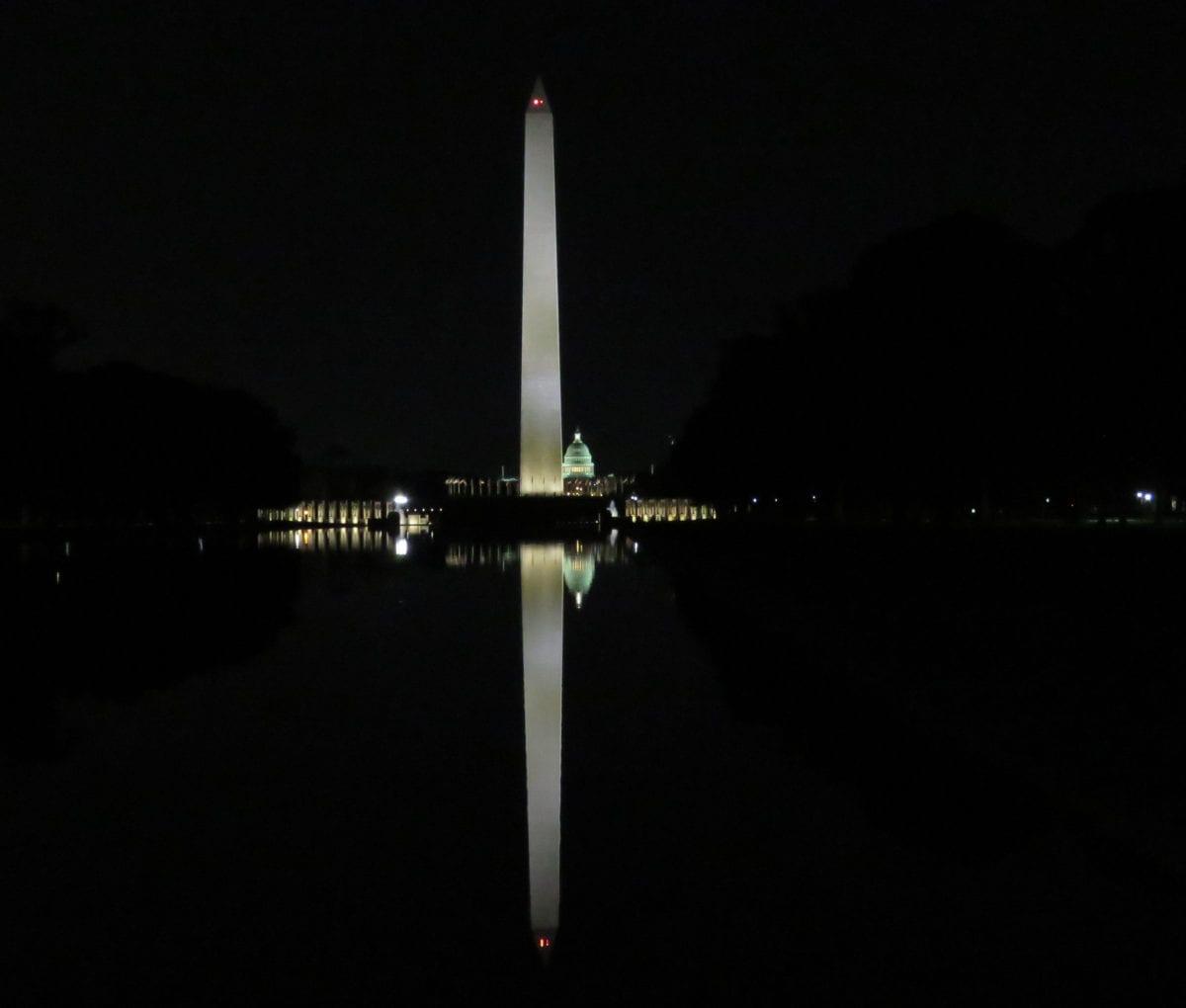
A night shot of the Washington Monument and the Reflecting Pool on the National Mall in Washington, D.C.: Glynn Wilson
As a camp host, for fulfilling a few of the duties of a park ranger since parks tend to be short-handed these days, I’m entitled to a free camp site with electric, water and sewer hookups. From here serving up to six months at a stretch, I’ve been able to spend time exploring the amazing nation’s Capital city, the most powerful city not just in the United States, but in the world. This is often overlooked or even derided by certain politicians.
Five years ago, I wrote a story about exploring Washington while camping here.
Explore Washington, D.C. from Greenbelt National Park’s Campground
This year, I turned that into a ranger program and delivered it to the public. This to me was as important as any lecture I delivered in my decade of teaching journalism at the university level, in Alabama, Georgia, Tennessee and Louisiana.
In my life and times, I’ve seen people act like they are “big time” because they live and work in Tuscaloosa, where the Alabama Crimson Tide wins a lot of football games, or Atlanta, the biggest city in the South. Yeah, and New Orleans is a great place to visit for the food and music. But it’s nothing compared to this so-called swamp. Yellowstone and the Grand Canyon are beautiful. But if you’ve never visited Washington, you’ve never been anywhere. This is the place to be.
And not far from here there is a forest on a mountain called Catoctin Mountain, which is also not that famous or well known. Yet presidents do sometimes sneak off and escape on the weekends to those woods, to Camp David.
If all goes according to plan, I will be there again this summer to escape the summer heat and humidity of the city. It’s only about an hour northwest of D.C. But in the shade it remains cool at night and in the mornings, and the bugs are not all that buggy.
The location fulfills a formula I drafted a few years ago to find a way to escape the worst effects of global warming and climate change. Starting in Mobile, Alabama, where I spent five winters a little more than 1,000 miles south of here, for every 300 miles you travel north, the average annual temperature drops about five degrees. Then, for every 500 feet you get above sea level, the temperature drops another five degrees. And the mosquitoes seem to find it hard to locate.
The place also has the benefit of acting as a rain shadow at times. There can be thunder storms rumbling to the north and south. Yet the mountain seems to block the rain, while the shade of the clouds and the breeze keeps you cool and dry.
Which makes me very happy while sitting outside under a canopy in the shade in the summertime, sipping an IPA and smoking my version of Tom Sawyer’s corncob pipe, where the living is easy. And these days, as I dreamed about nearly 40 years ago, with the modern technology of the internet, I can keep up with all the news and write about things until my heart is content.
If there is anything I can do or write about to make you happy, get in touch. And don’t forget to send in your contribution to help us protect democracy and preserve the Earth. Democracy and the planet cannot survive without some form of press. Even Thomas Jefferson and Benjamin Franklin knew that.
Trump and Putin know it too. That’s why they try to destroy the press to run their autocratic dictatorships.
So like the old Cherokee chief said he was told by the white eye from Washington, as quoted in the movie “The Outlaw Josey Wales”: We must “endeavor to persevere.”
More Photos
In the program, I showed some of these photos and more, and told stories about my visits to each of these places.
Greenbelt National Park
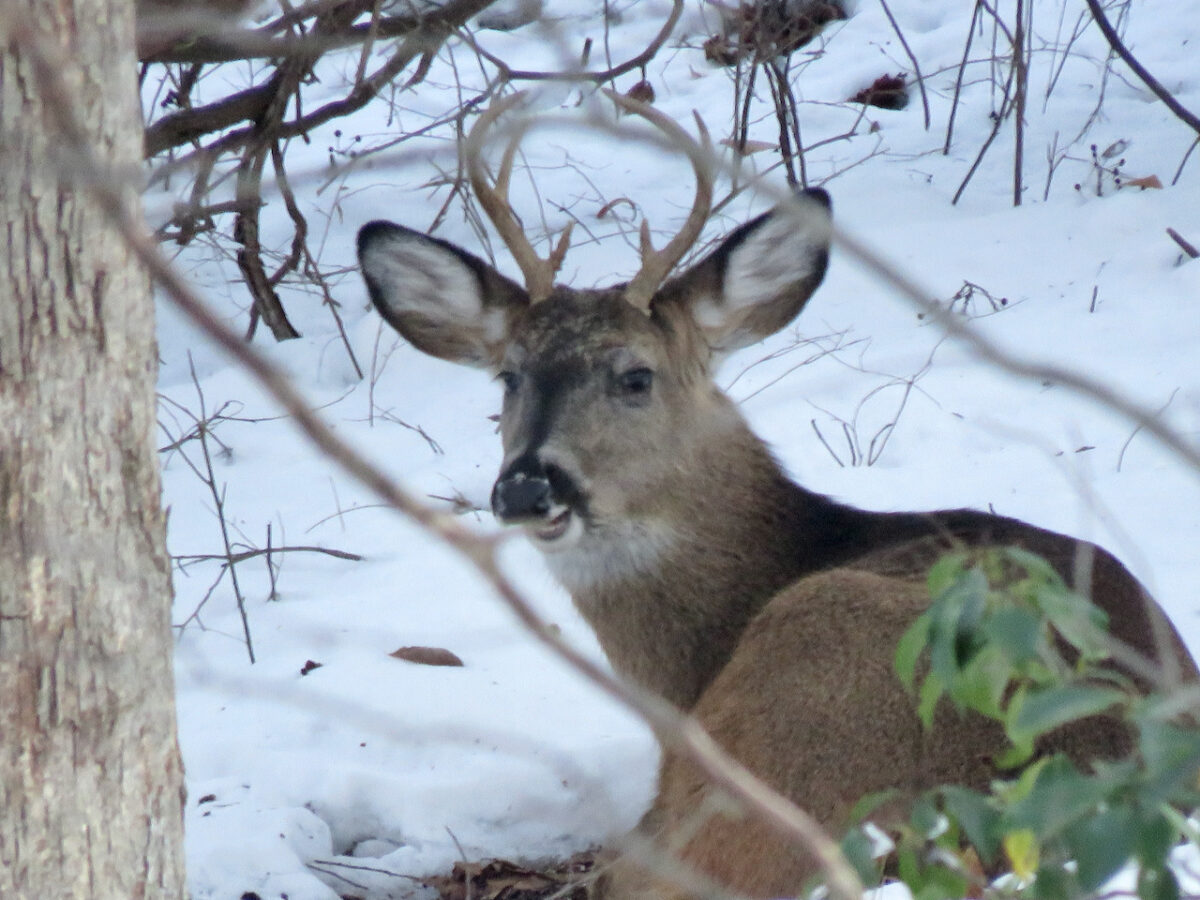
A white-tailed deer buck hiding out and munching on the vegetation under the snow pack after the first two blizzards of 2022 in DC: Glynn Wilson
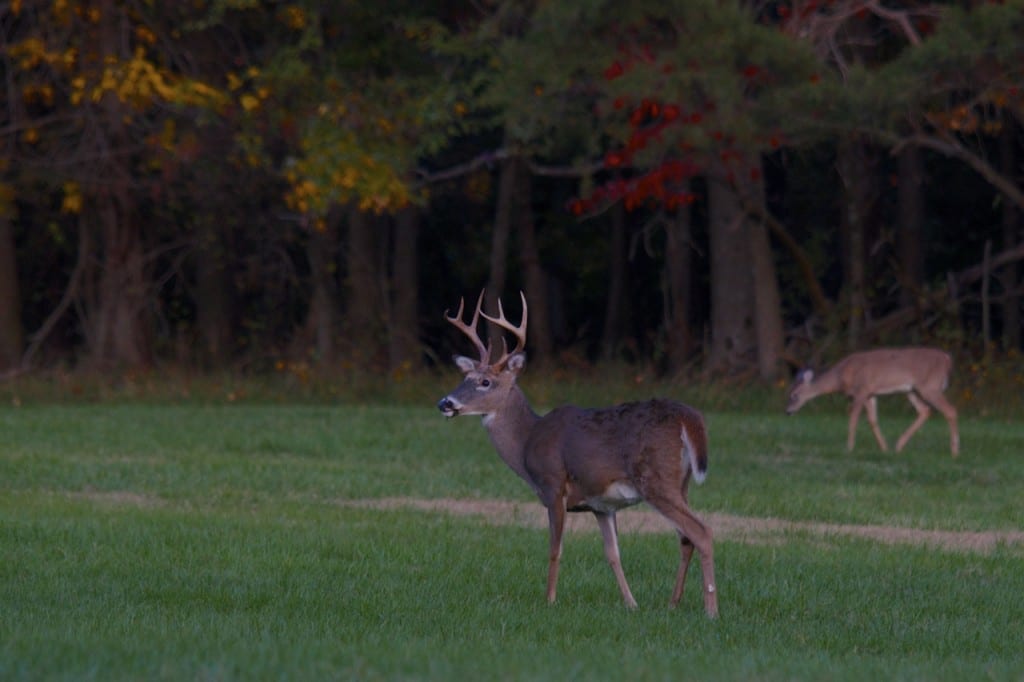
A large white-tailed deer buck in the Greenbelt National Park Sweetgum field in Autumn: Glynn Wilson
White House
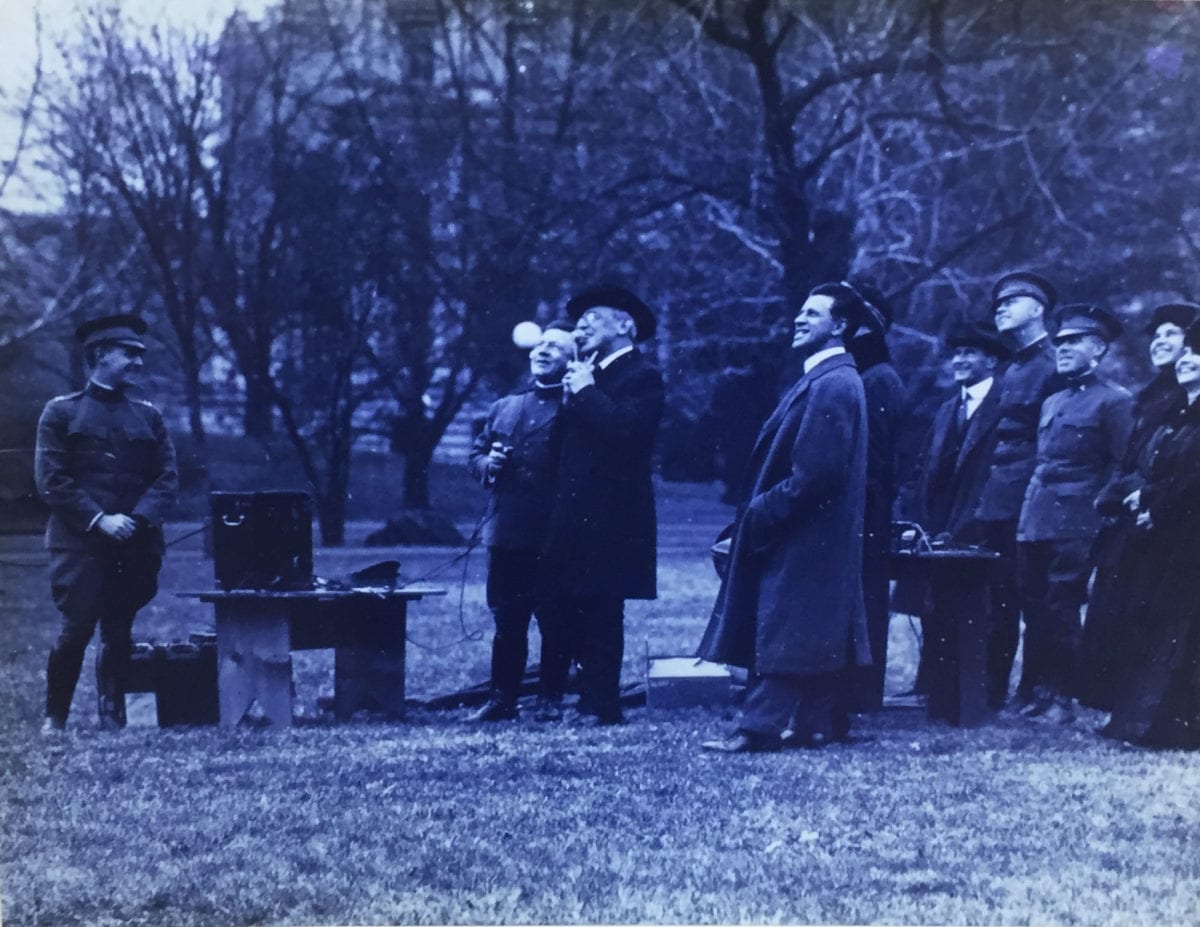
President Woodrow Wilson signed the act creating the National Park Service on August 25, 1916: Glynn Wilson
U.S. Capitol
Memorials
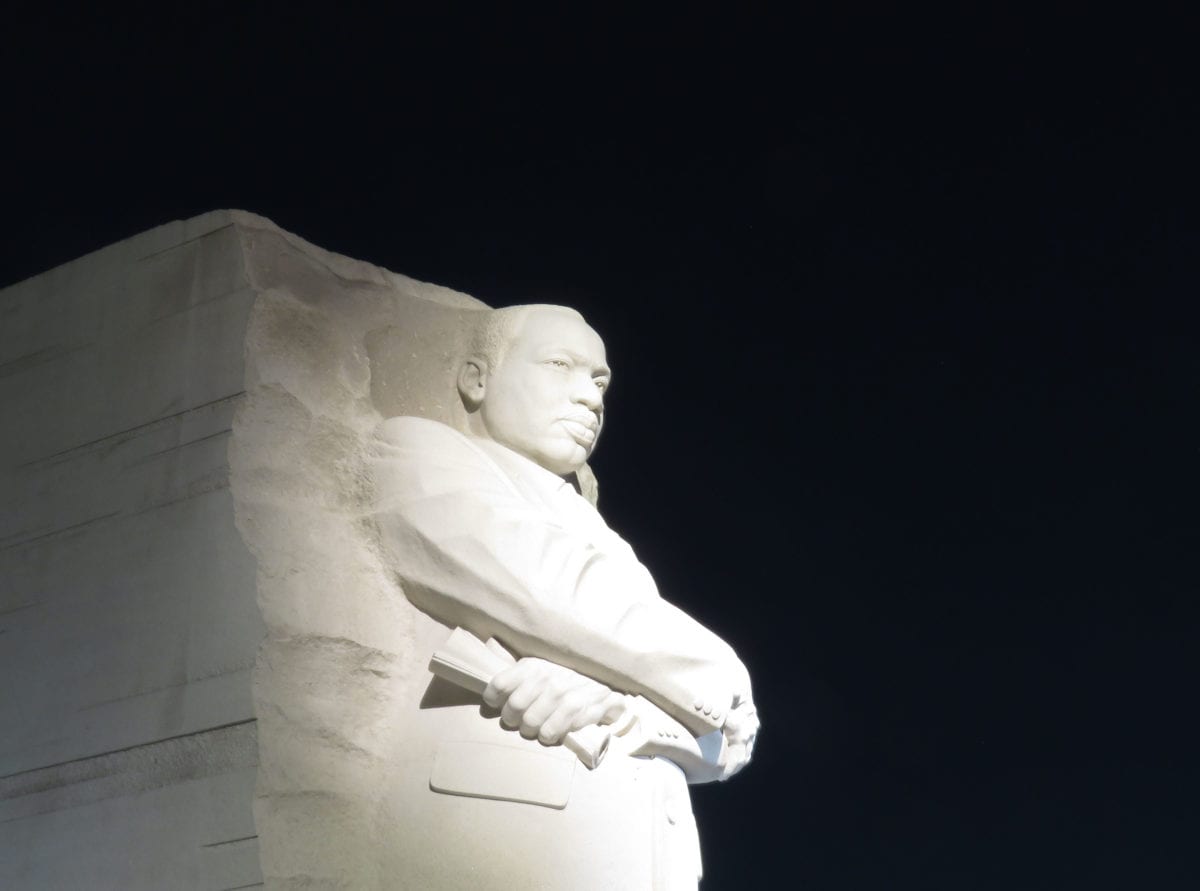
A night view of the Martin Luther King Jr. Memorial on the National Mall in Washington, D.C.: Glynn Wilson
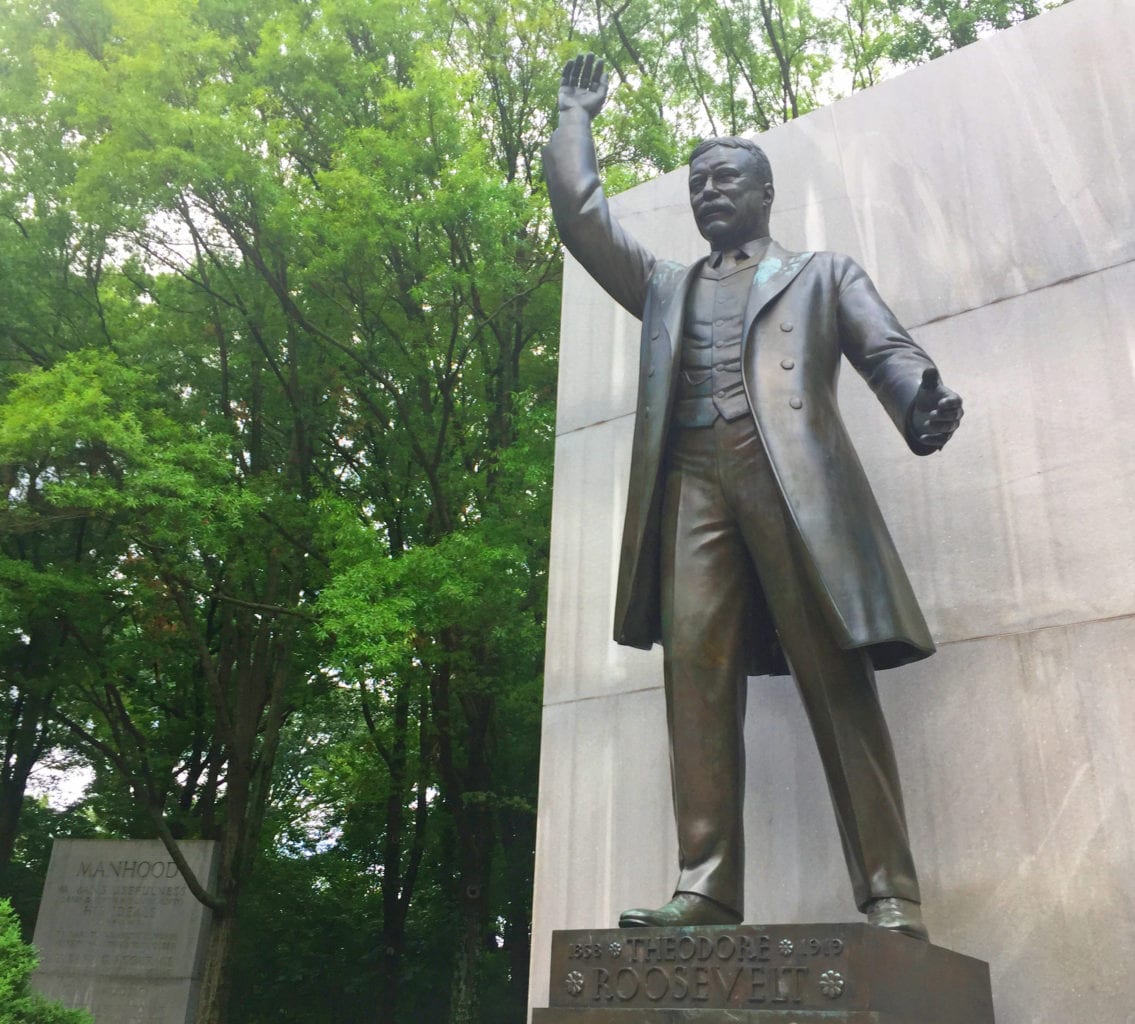
A statue of Teddy Roosevelt on Theodore Roosevelt Island, a presidential living memorial: Glynn Wilson
Lyndon Baines Johnson Memorial Grove
Museums
The Library of Congress is the world’s largest library, offering access to the creative record of the United States—and extensive materials from around the world—both on-site and online. It is the main research arm of the U.S. Congress and the home of the U.S. Copyright Office.
It is the nation’s library, containing more than 162 million items in nearly every language and format—from ancient Chinese woodblock prints to digital files. Today, the Library preserves treasures such as a Gutenberg Bible, Thomas Jefferson’s handwritten draft of the Declaration of Independence and the Emancipation Proclamation in Abraham Lincoln’s hand. The collections also include the full papers of 23 presidents and the works of eminent Americans such as Hannah Arendt, Alexander Graham Bell, Leonard Bernstein, Frederick Douglass, Martha Graham, Bob Hope, Thurgood Marshall, Rosa Parks, and Booker T. Washington. Other treasures include the first printed book in the Western world, baseball cards, comic books and cookbooks, and millions of maps and atlases, photographs, posters, microfilms, movies, rare books, music manuscripts and recordings, and radio and television broadcasts.
Shenandoah National Park
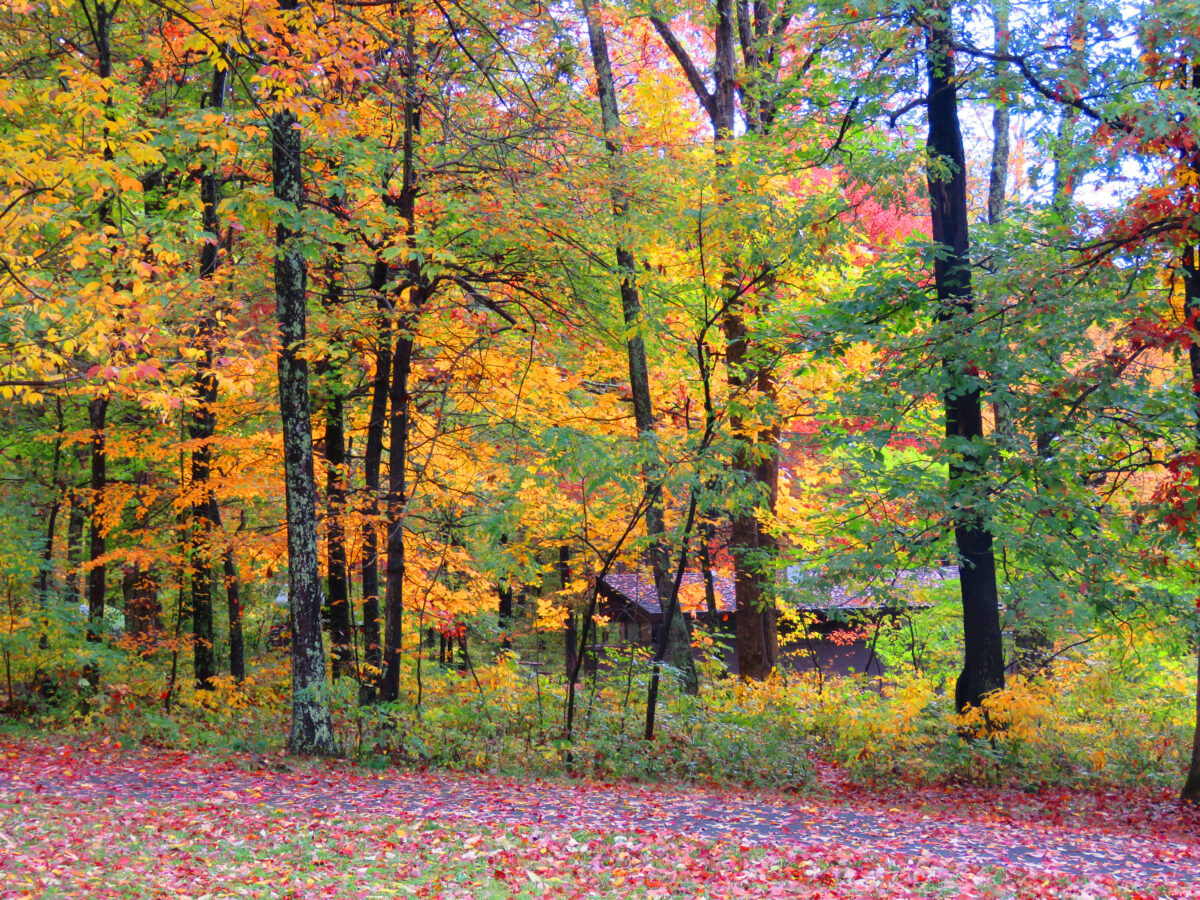
A cabin surrounded by peak fall color in Shenandoah National Park in the group area of Mathews Arm Campground, Autumn 2020: Glynn Wilson
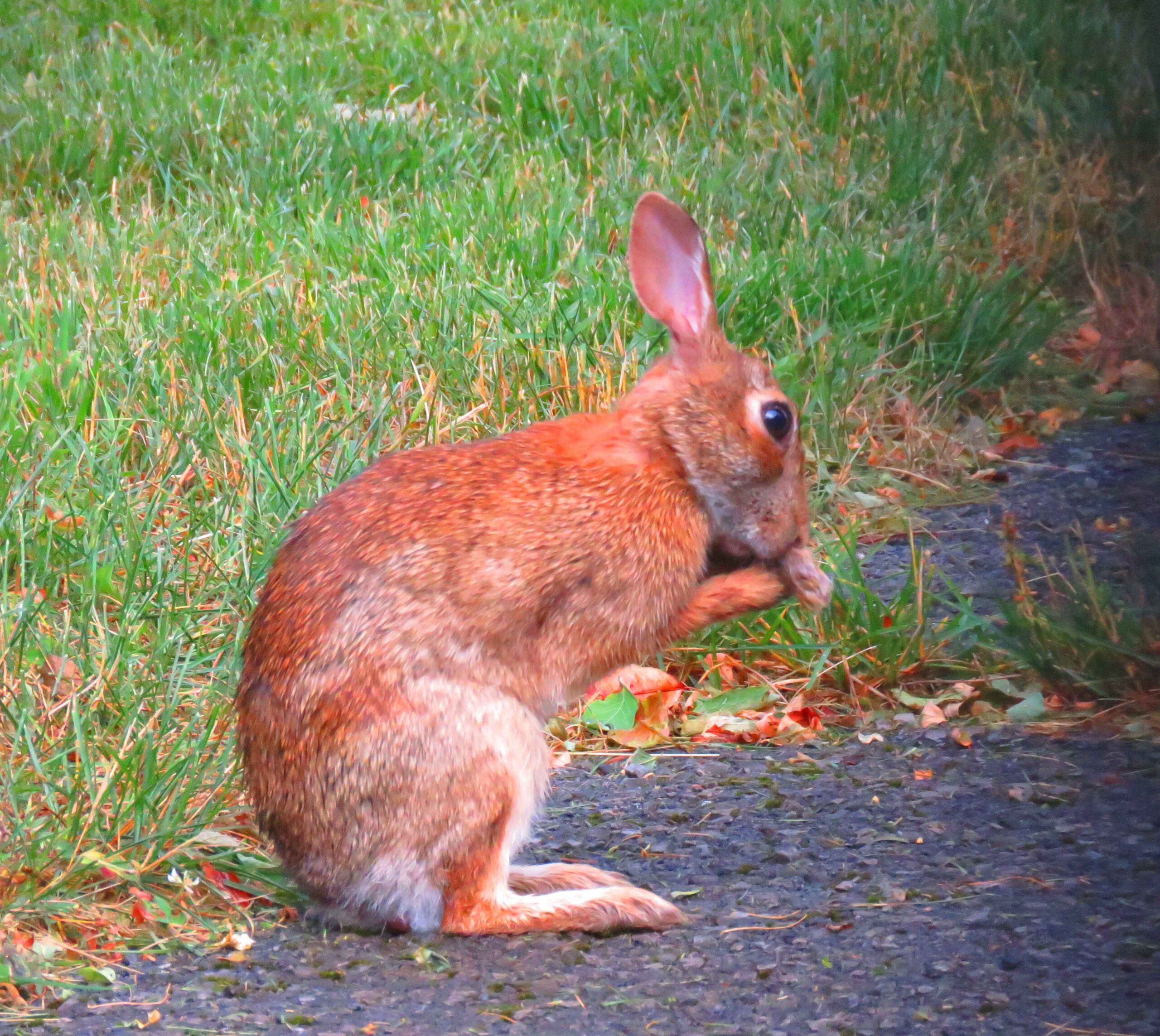
An eastern cottontail [Sylvilagus floridanus ] is a New World rabbit, a member of the family Leporidae. It is the most common rabbit species in North America. The population in Shenandoah National Park has never been hunted, so they are not too afraid of people, but please don’t feed the wildlife. They are wild animals and can bite and carry disease. This one I photographed on Sunday, July 12, 2020, looks a little mischievous and funny, like a certain cartoon character: Glynn Wilson
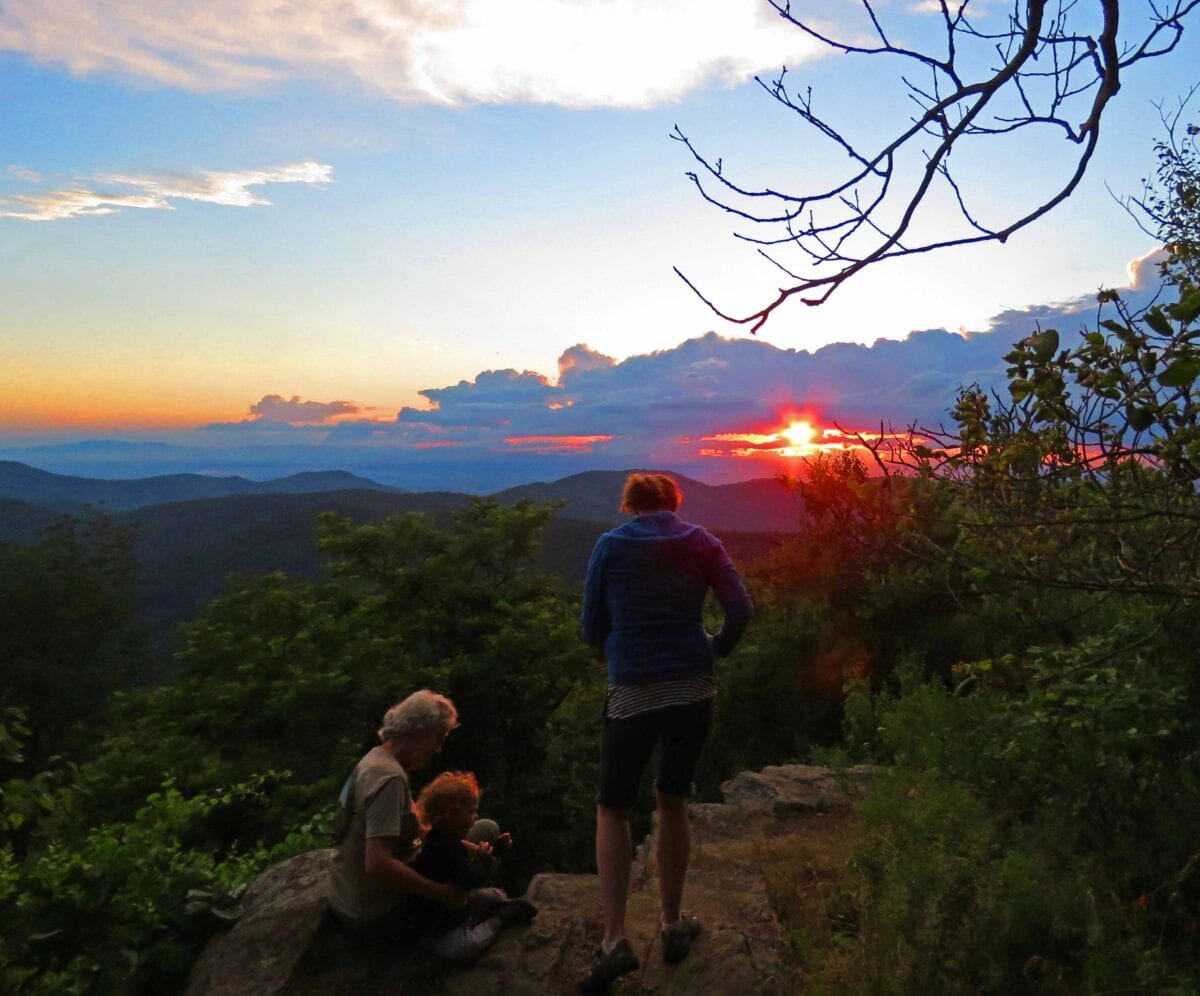
Visitors to Shenandoah National Park enjoy a summer sunset view along the Appalachian Trail by Loft Mountain Campground, Sunday, July 12, 2020: Glynn Wilson
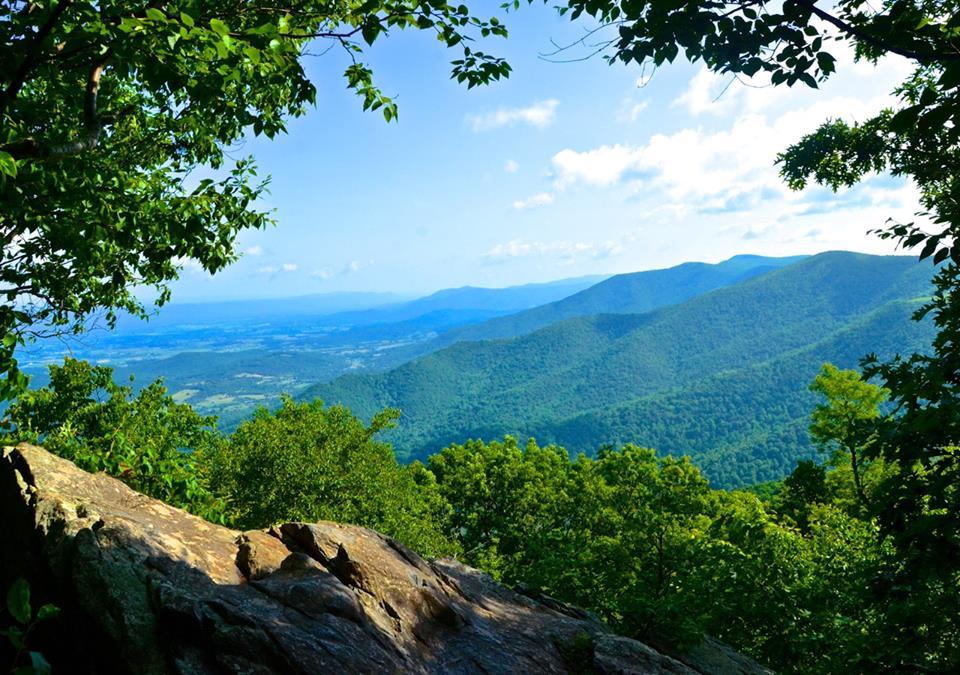
A view of the mountains from the Appalachian Trail by the Big Meadows Campground in Shenandoah National Park: Glynn Wilson
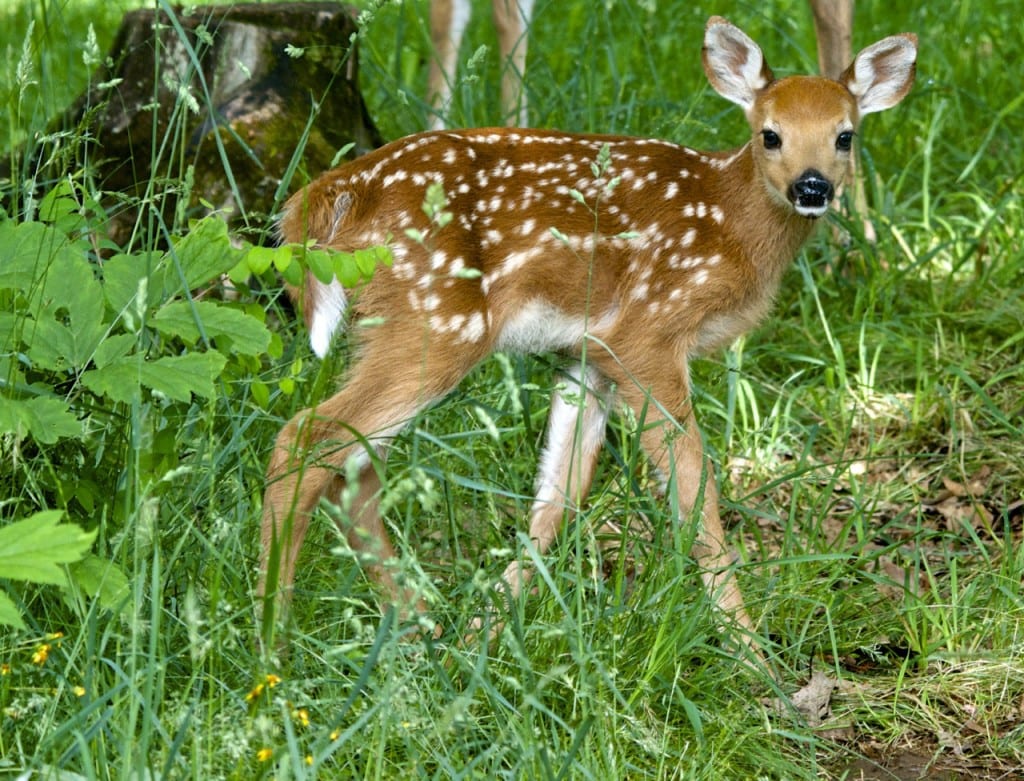
A fawn just after feeding her doe mother’s milk in the Big Meadows Campground at Shenandoah National Park: Glynn Wilson
Day Trips
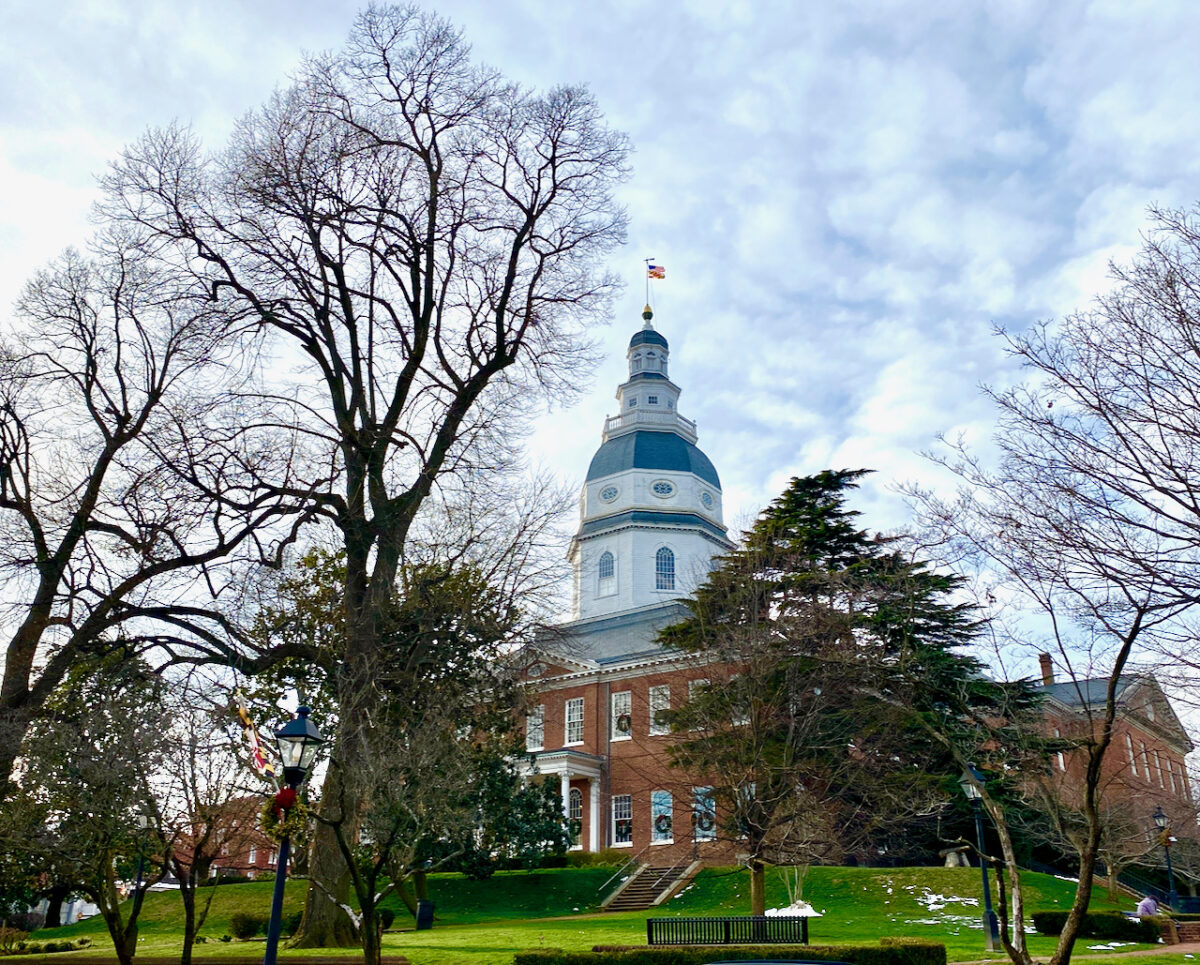
The Maryland State House is the oldest state capitol in continuous legislative use and is the only state house ever to have served as the nation’s capitol: Glynn Wilson
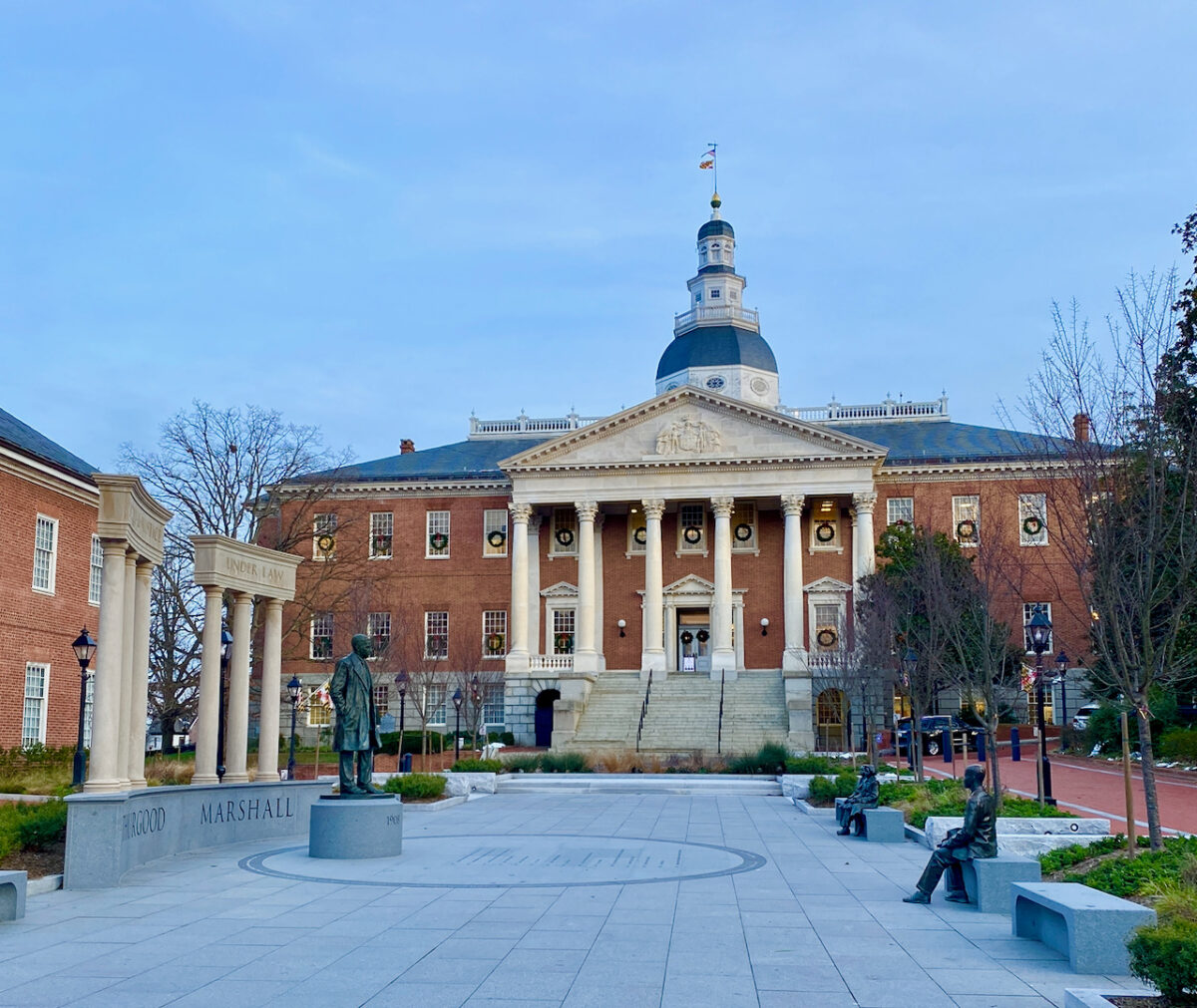
The Maryland State House is the oldest state capitol in continuous legislative use and is the only state house ever to have served as the nation’s capitol: Glynn Wilson
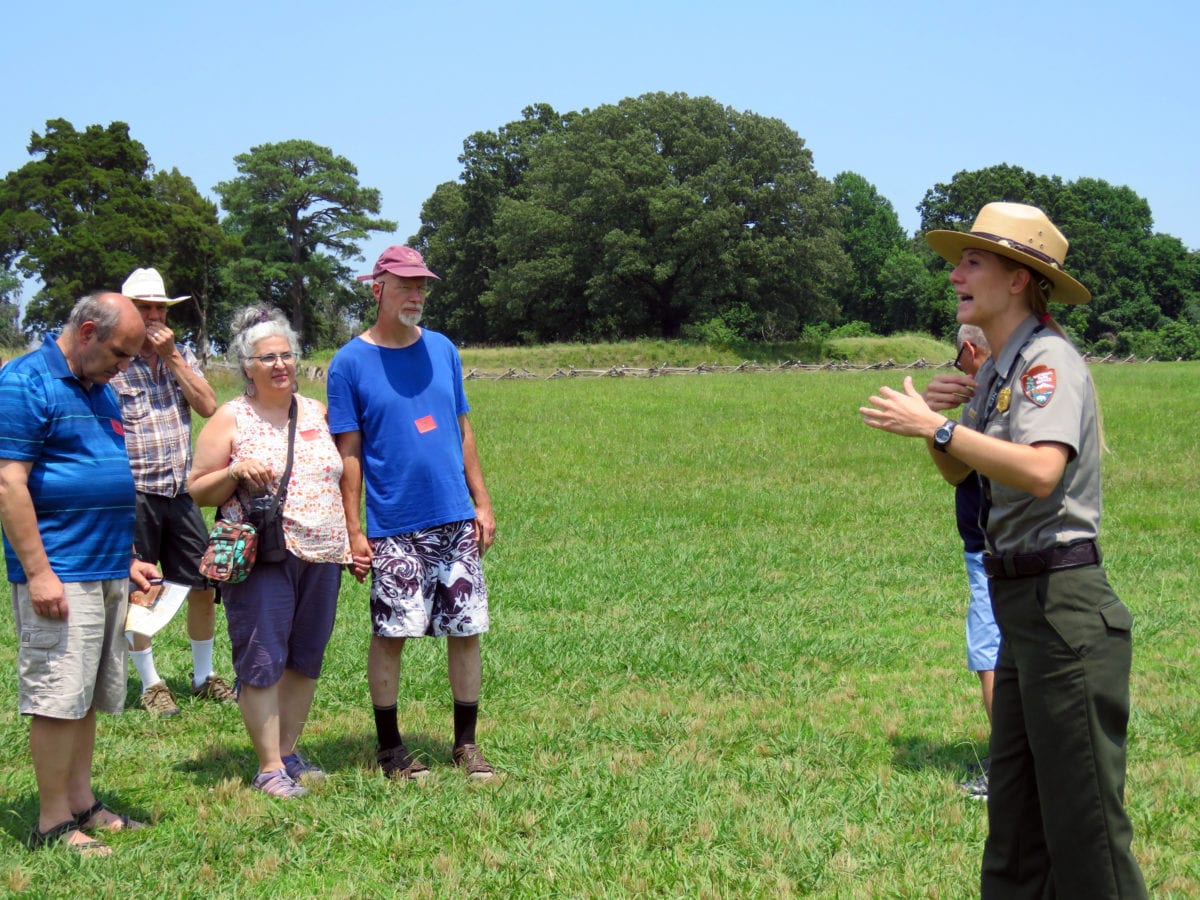
A National Park Service ranger during a program explaining the events that occurred in the summer and fall of 1781: Glynn Wilson
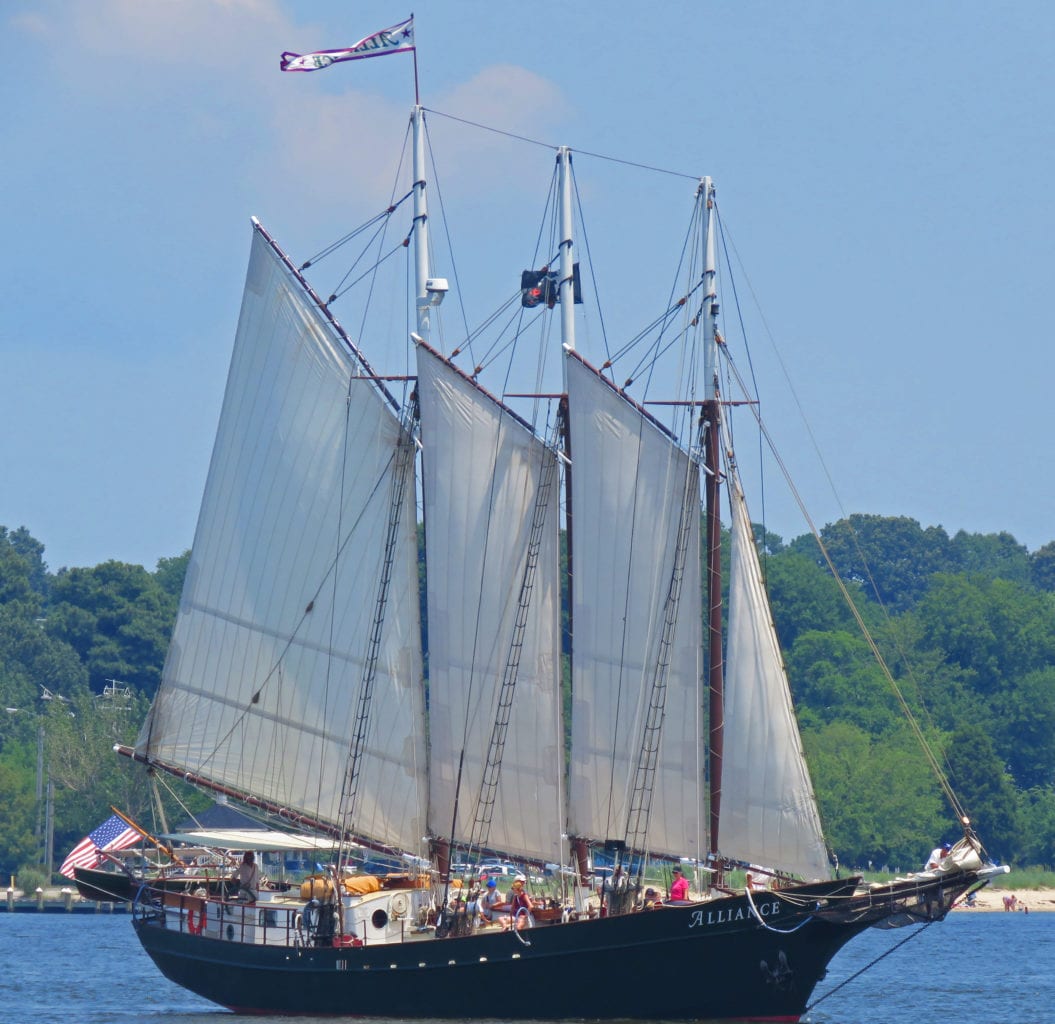
The public can experience history with a tour on this 105 foot gaff-rigged schooner called the Alliance in the port of Yorktown, Virginia and ride out into Chesapeake Bay and the Atlantic Ocean: Glynn Wilson
___
If you support truth in reporting with no paywall, and fearless writing with no popup ads or sponsored content, consider making a contribution today with GoFundMe or Patreon or PayPal.


